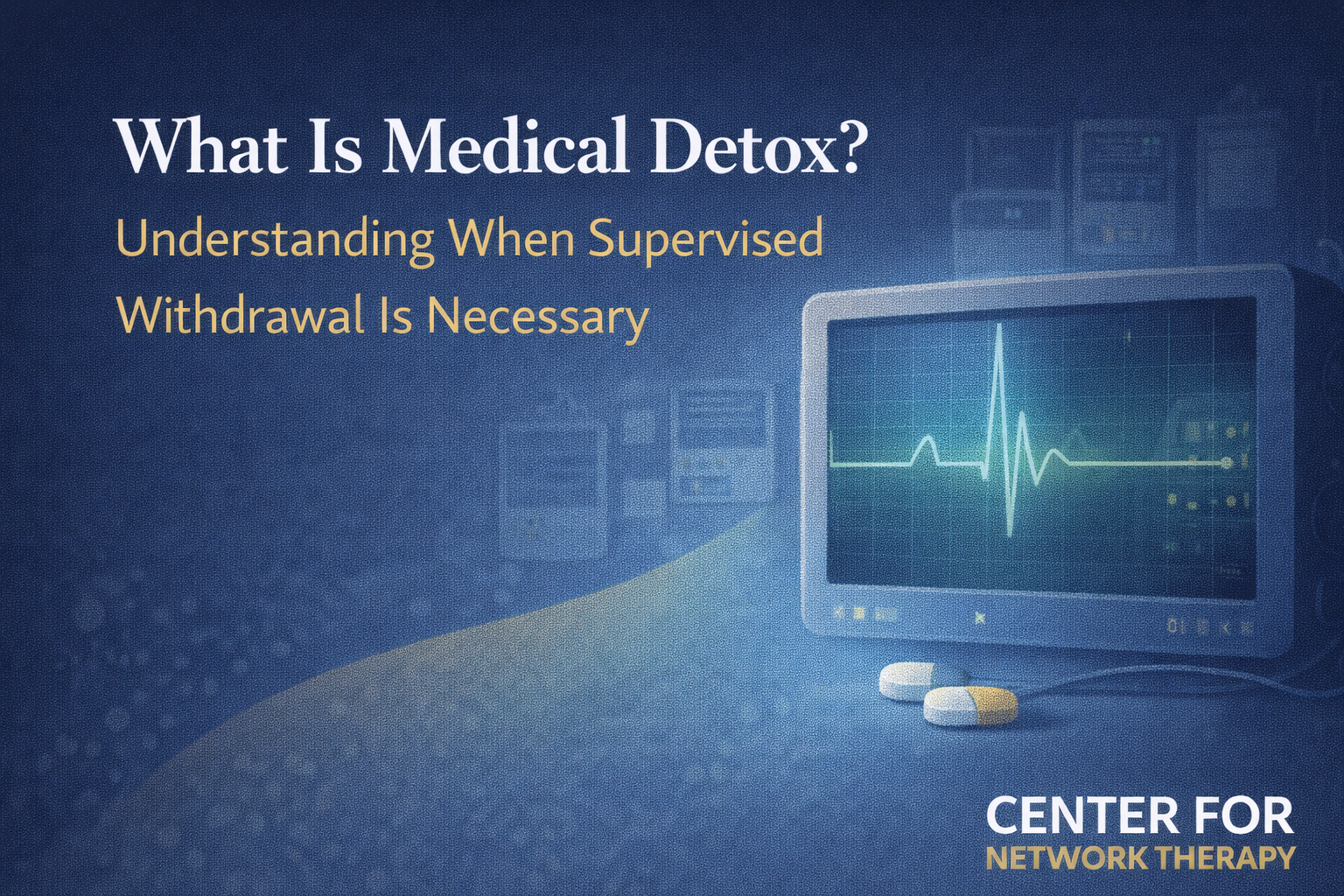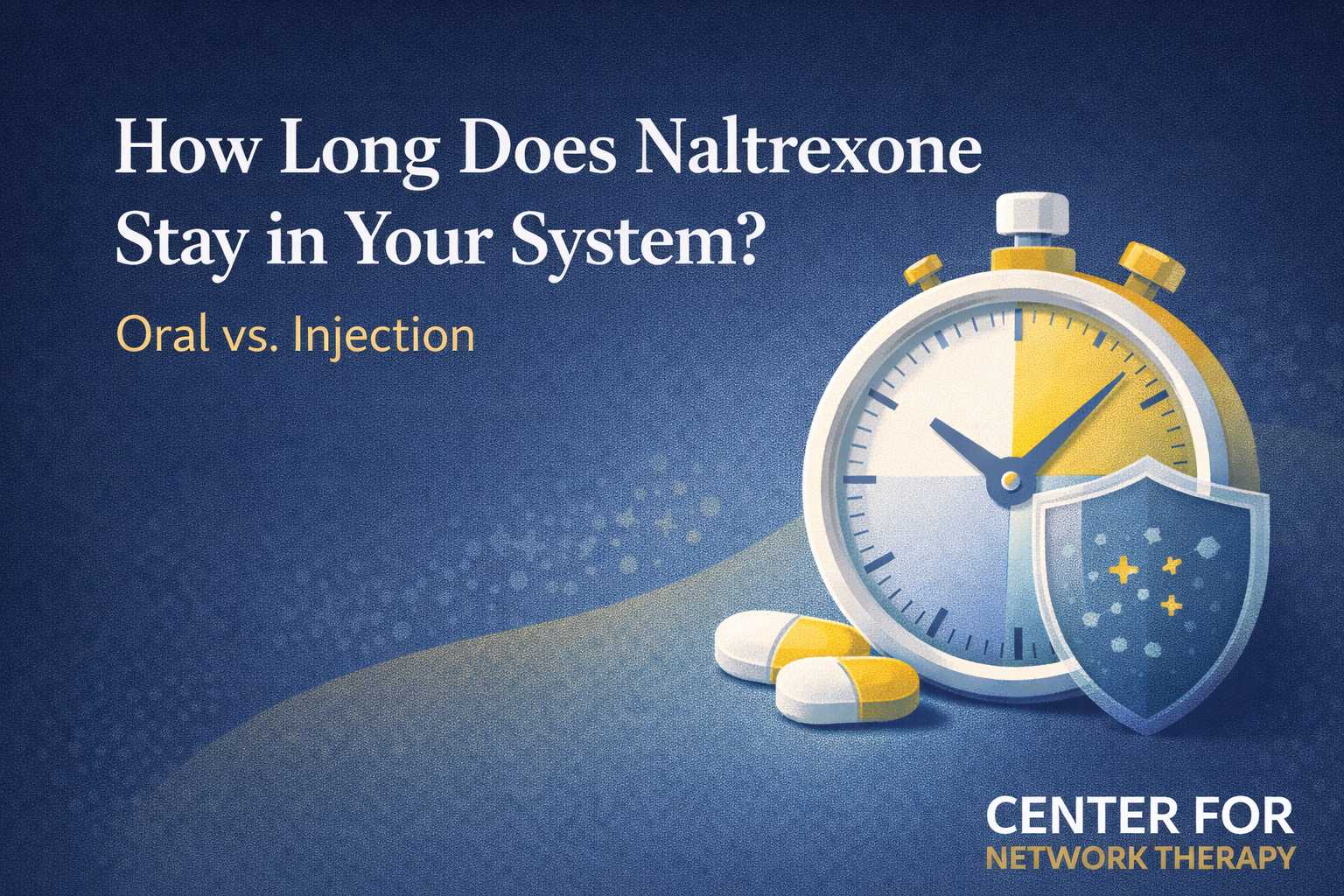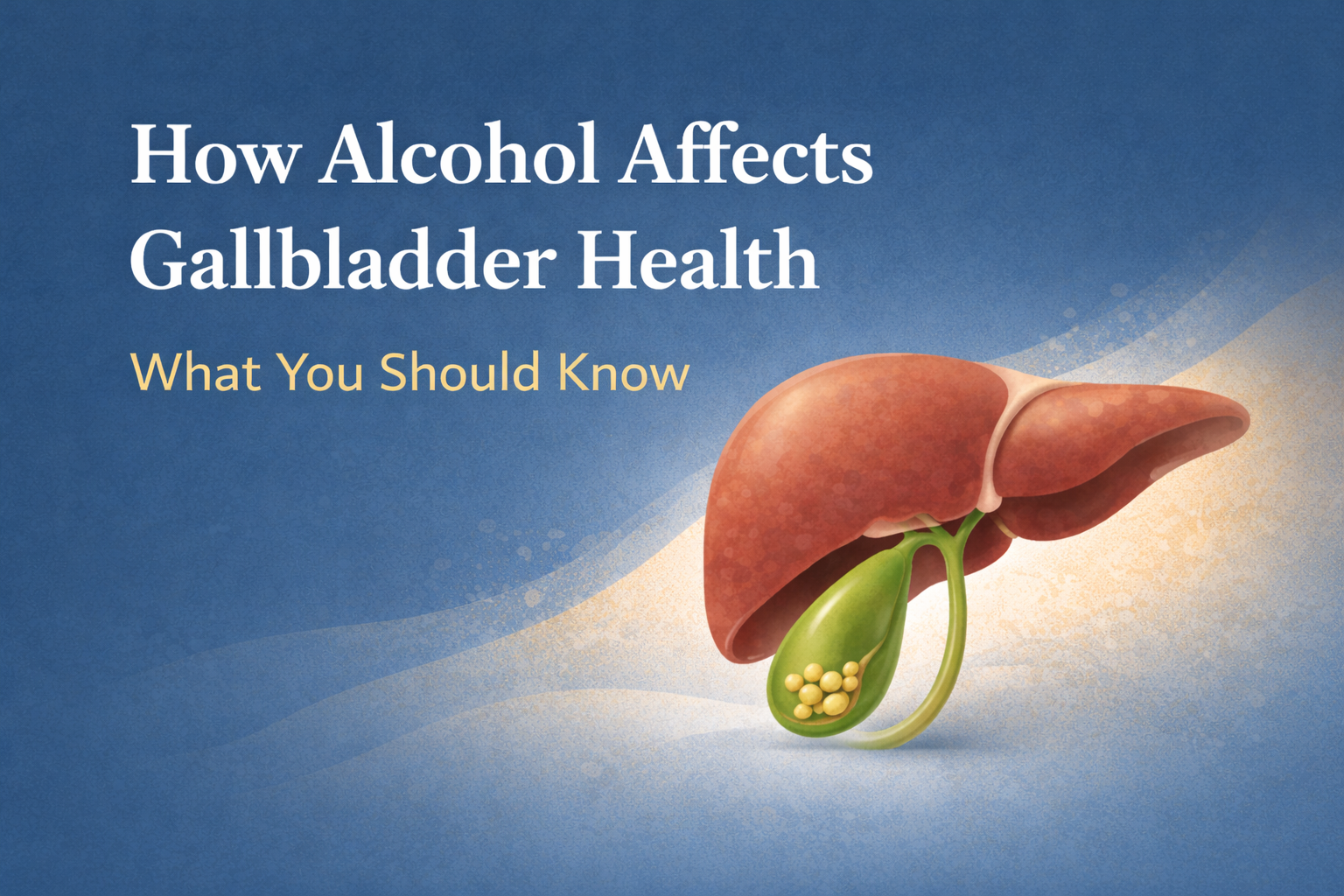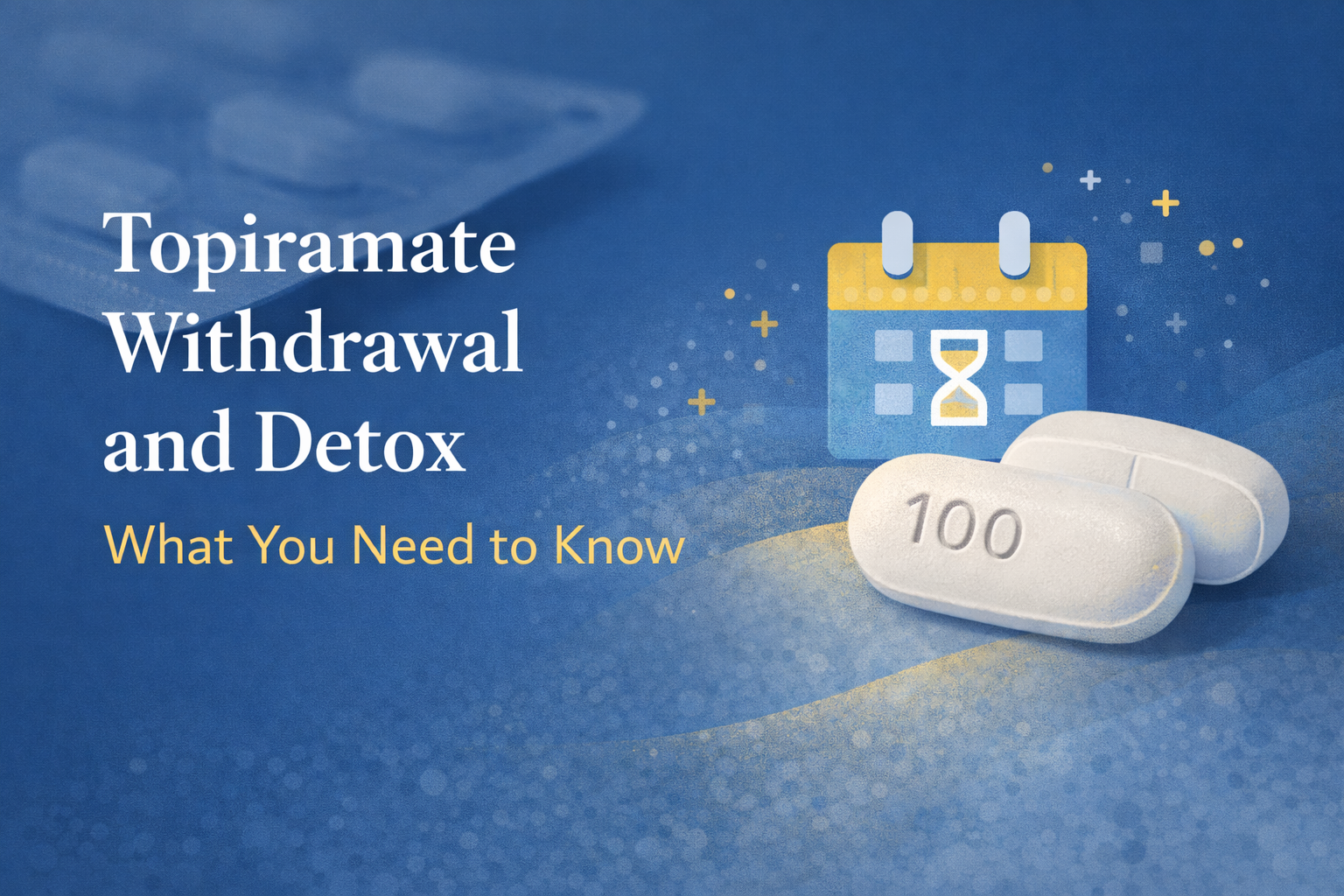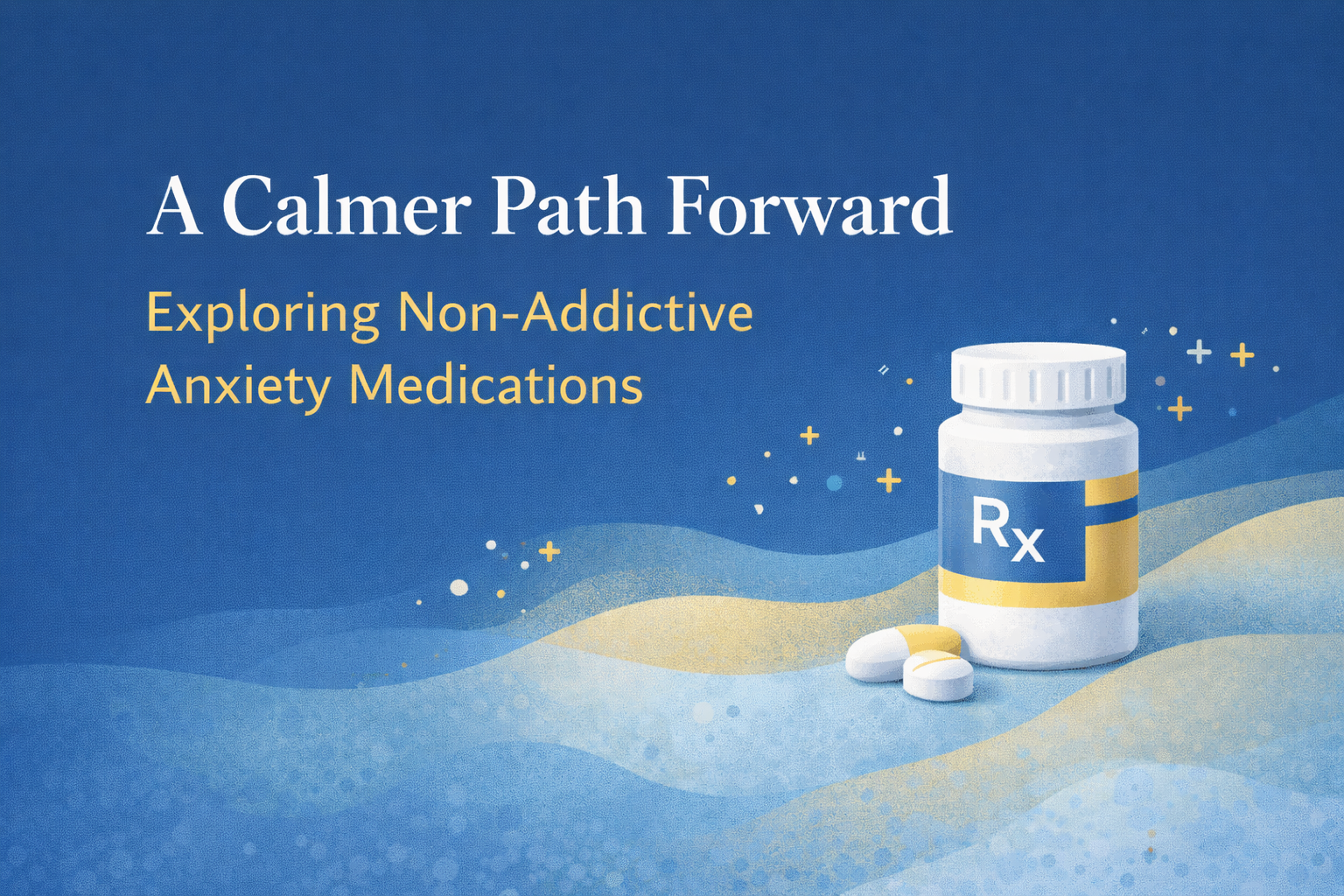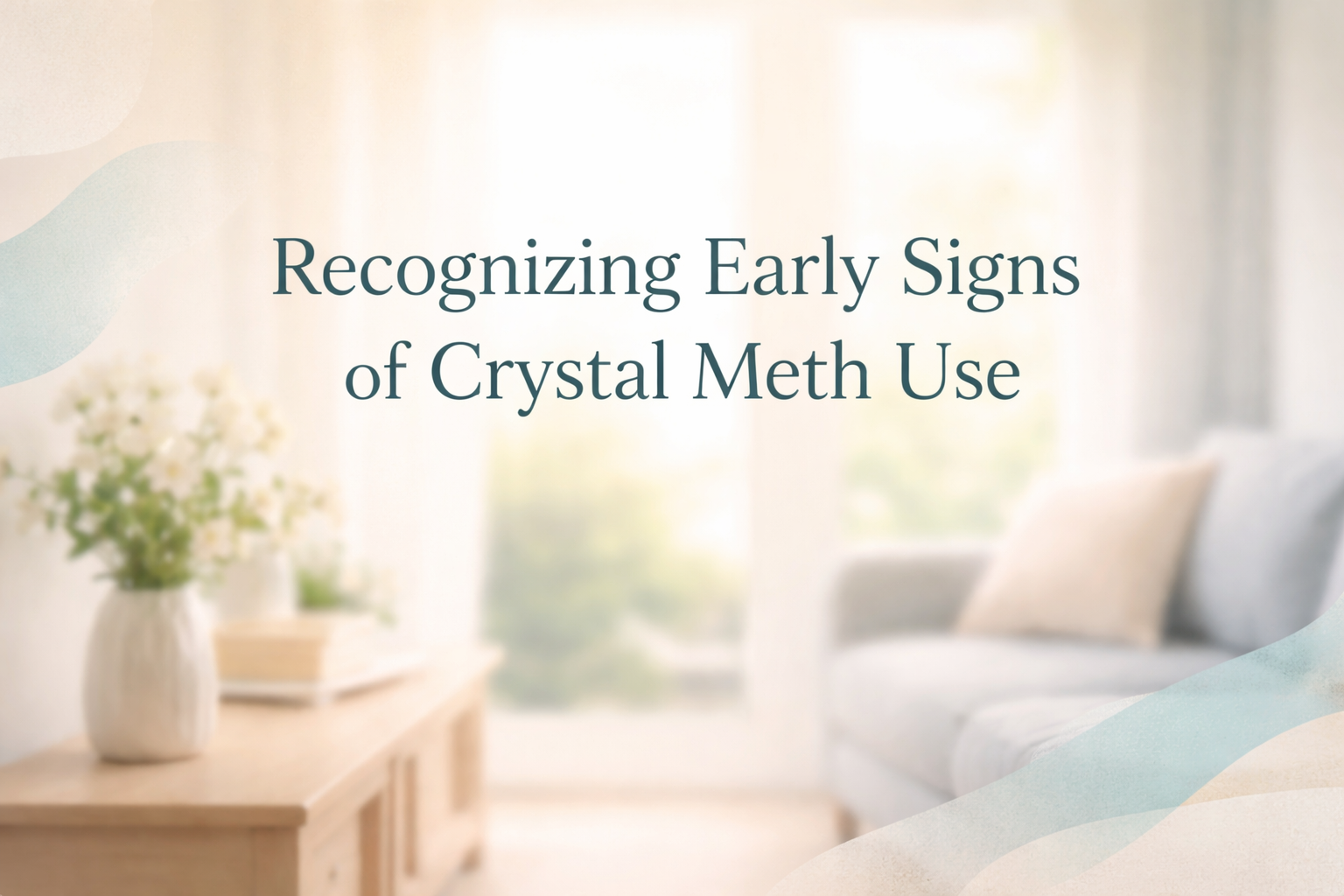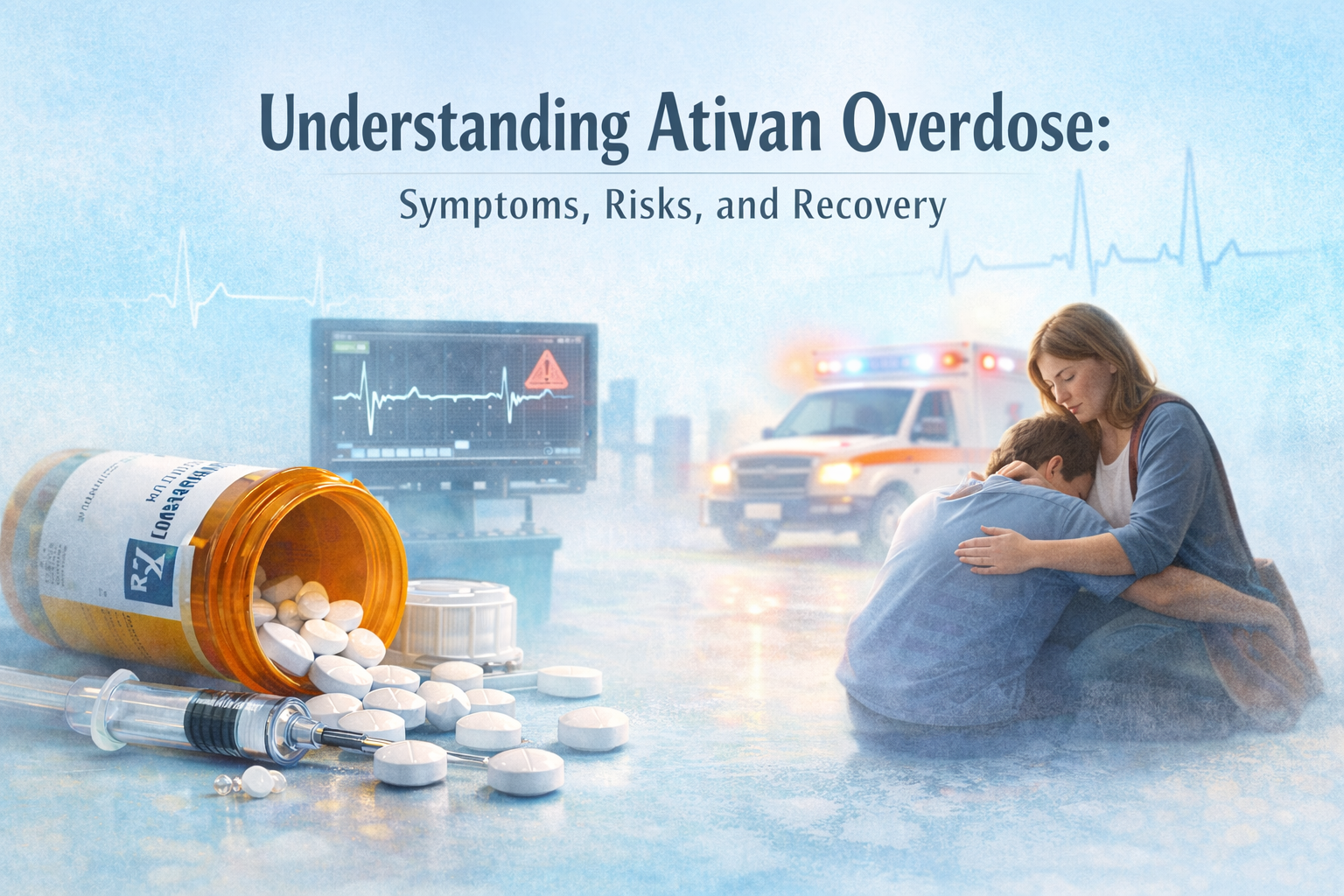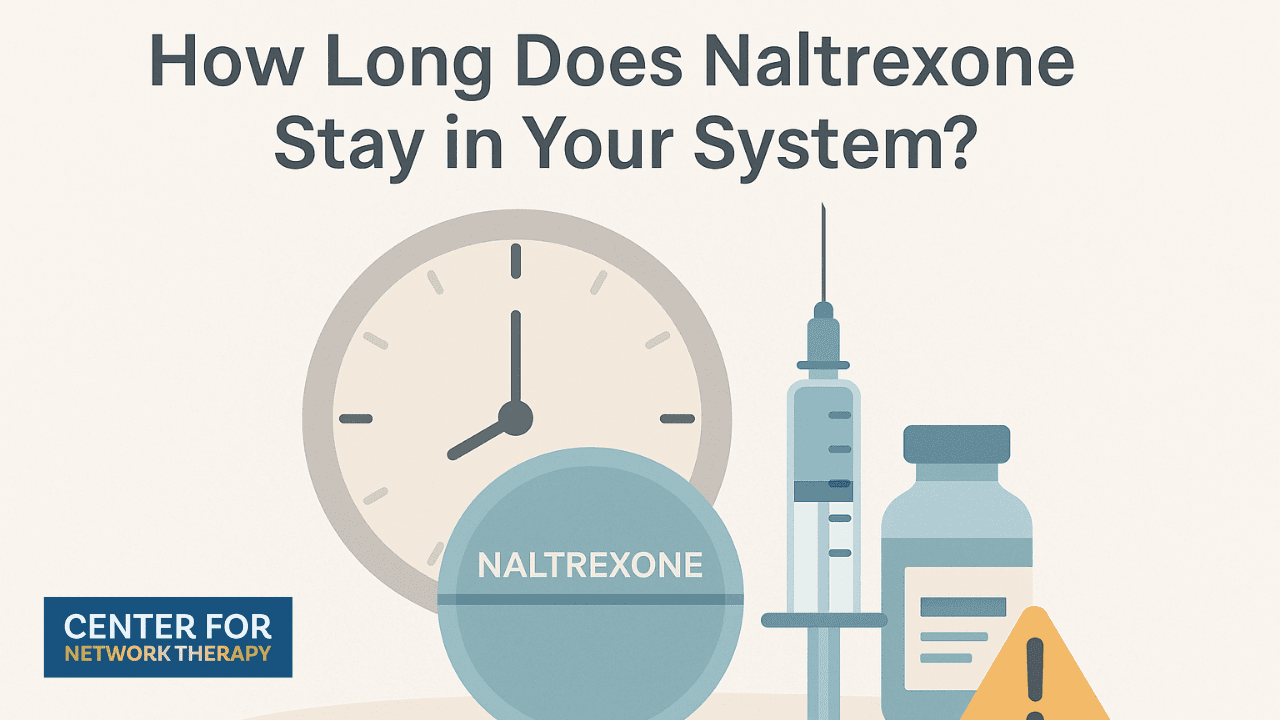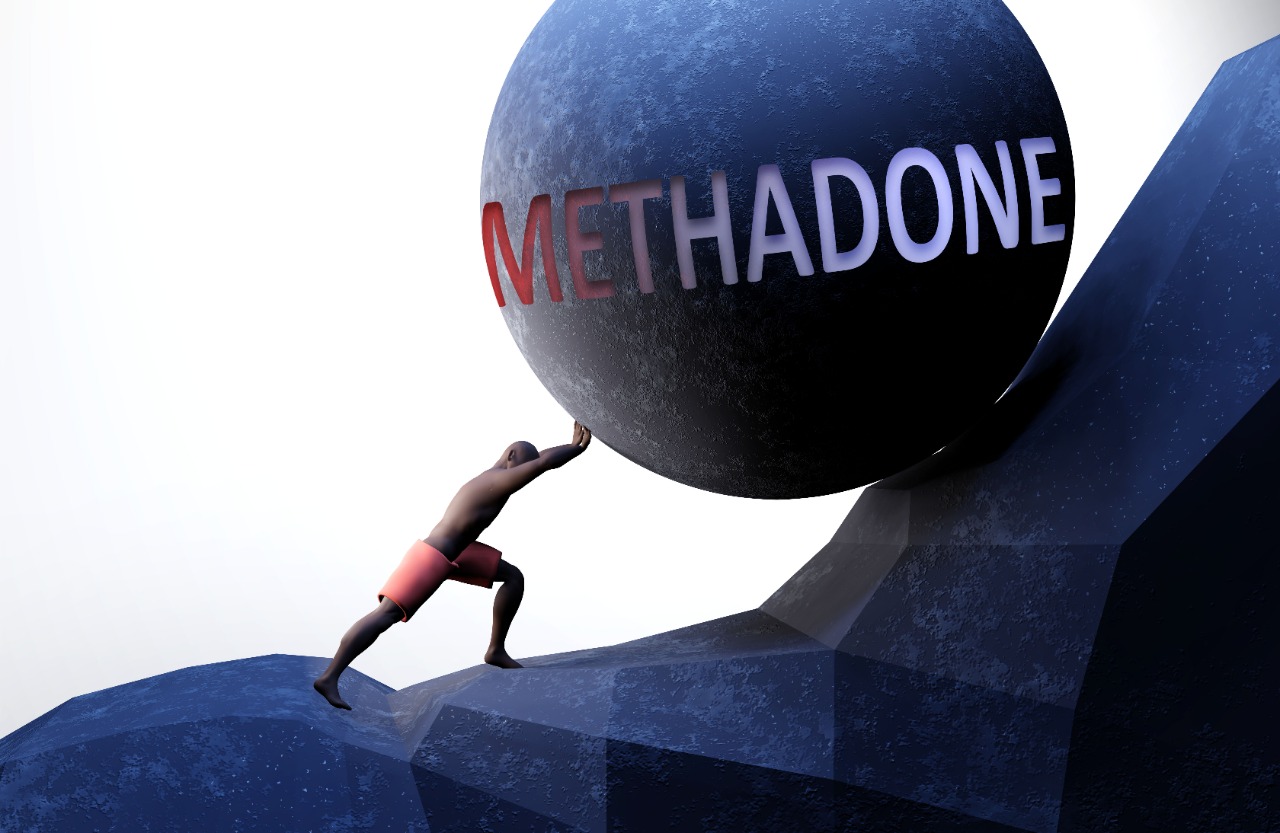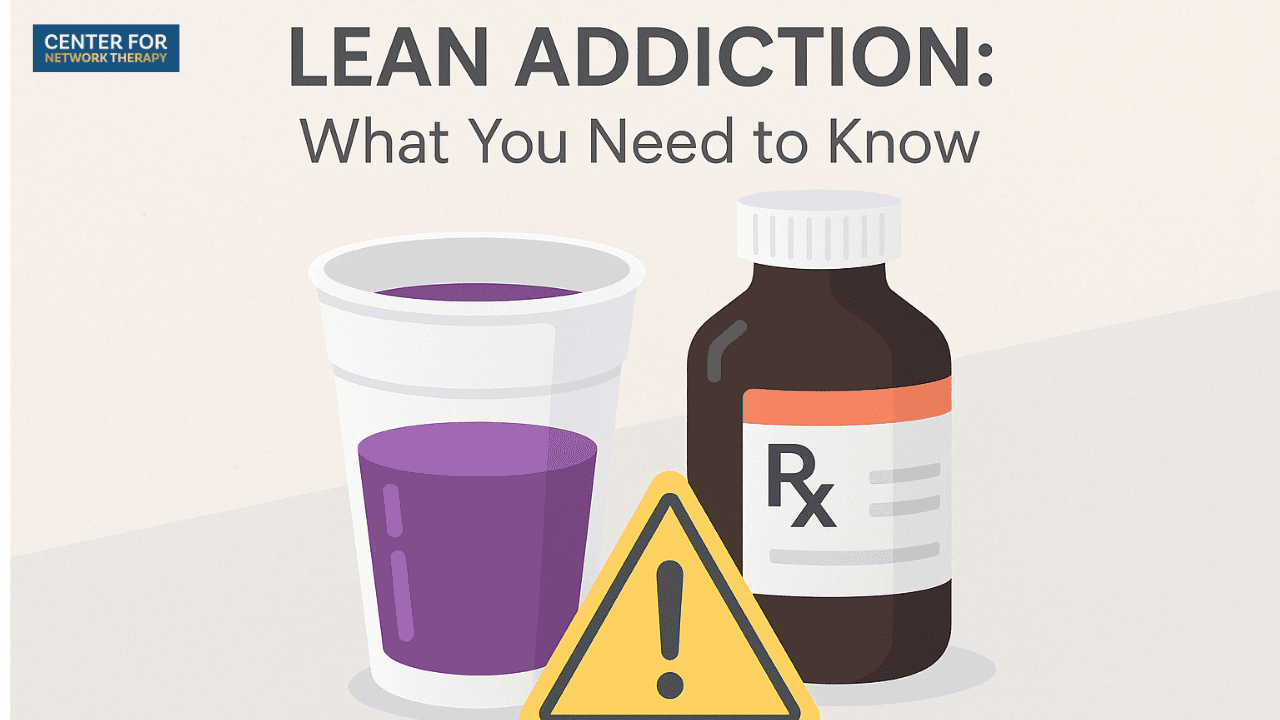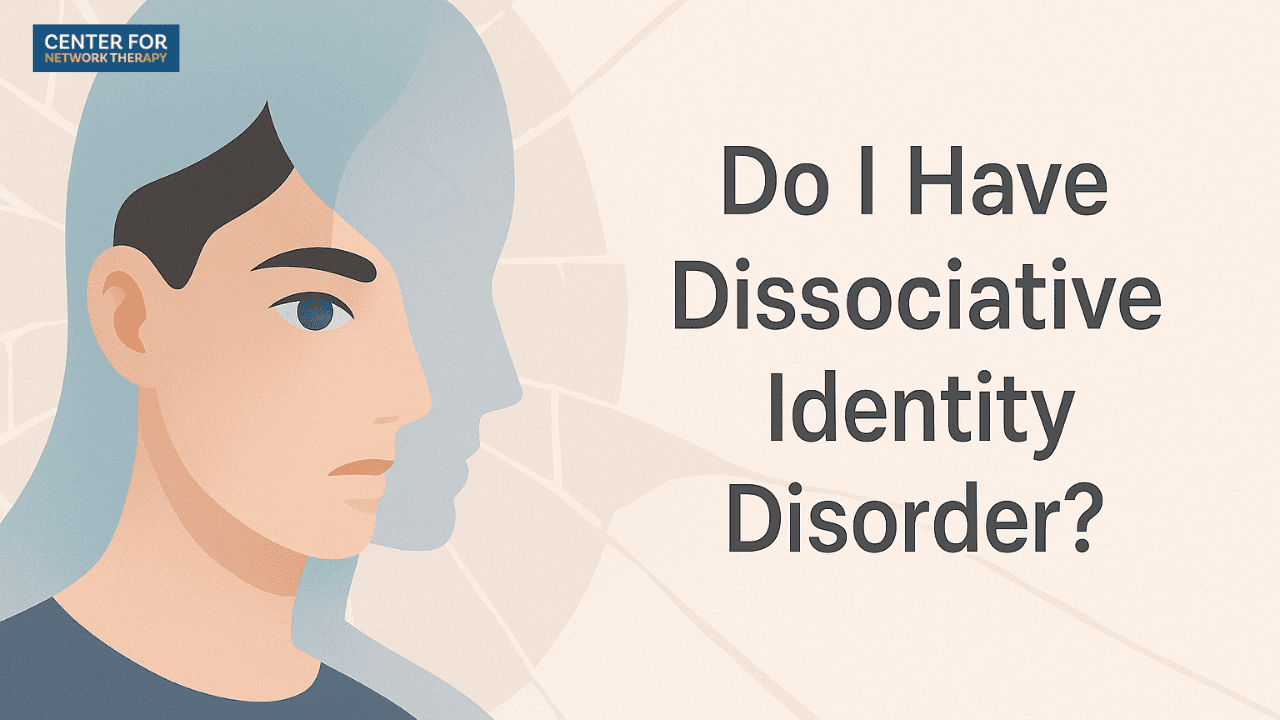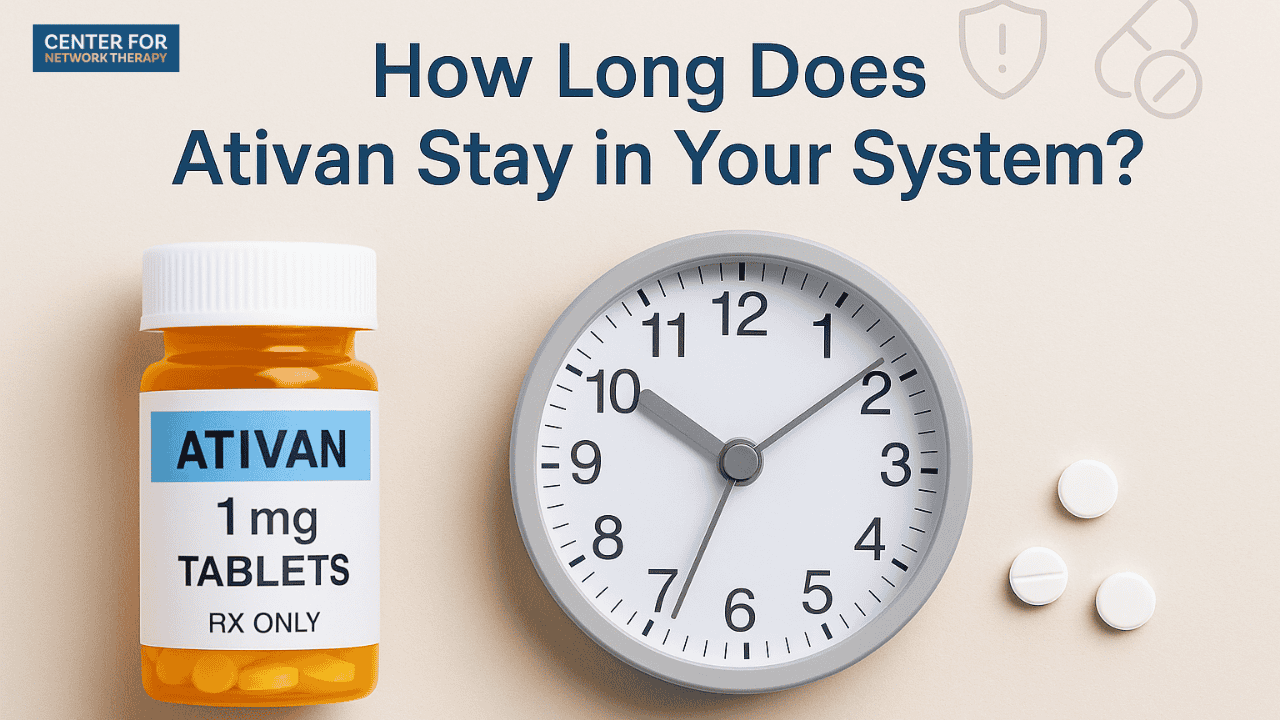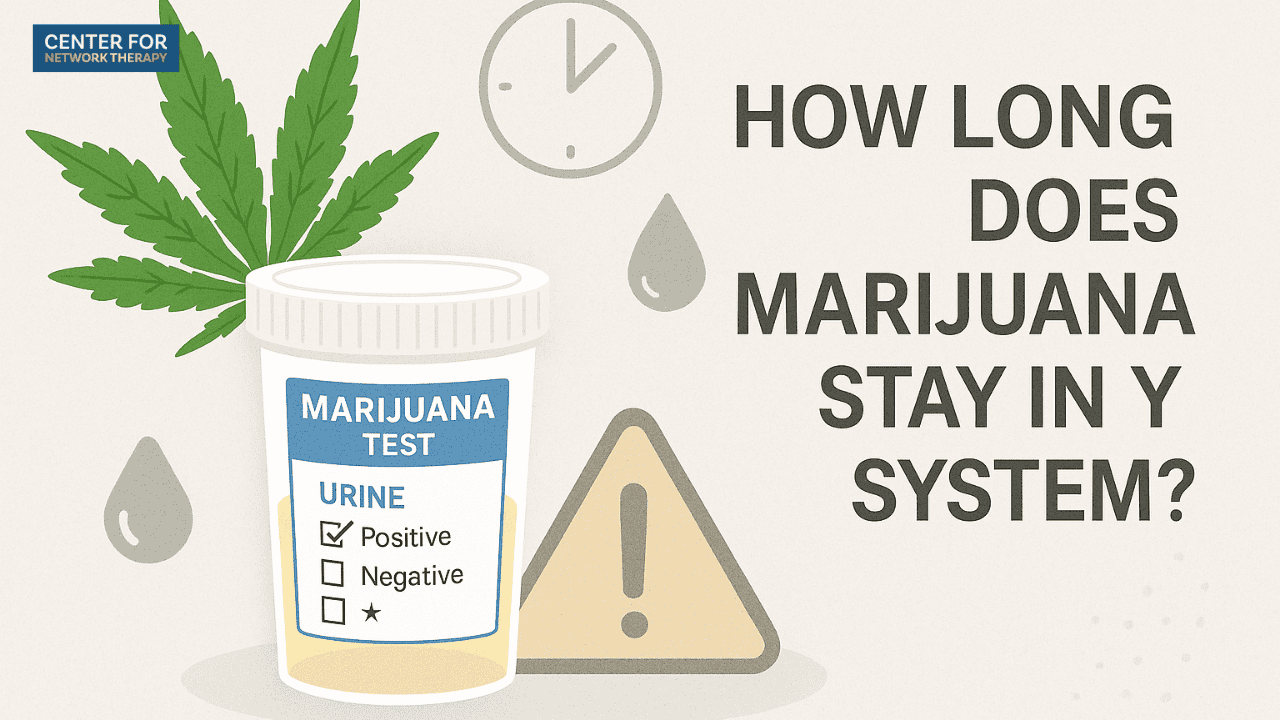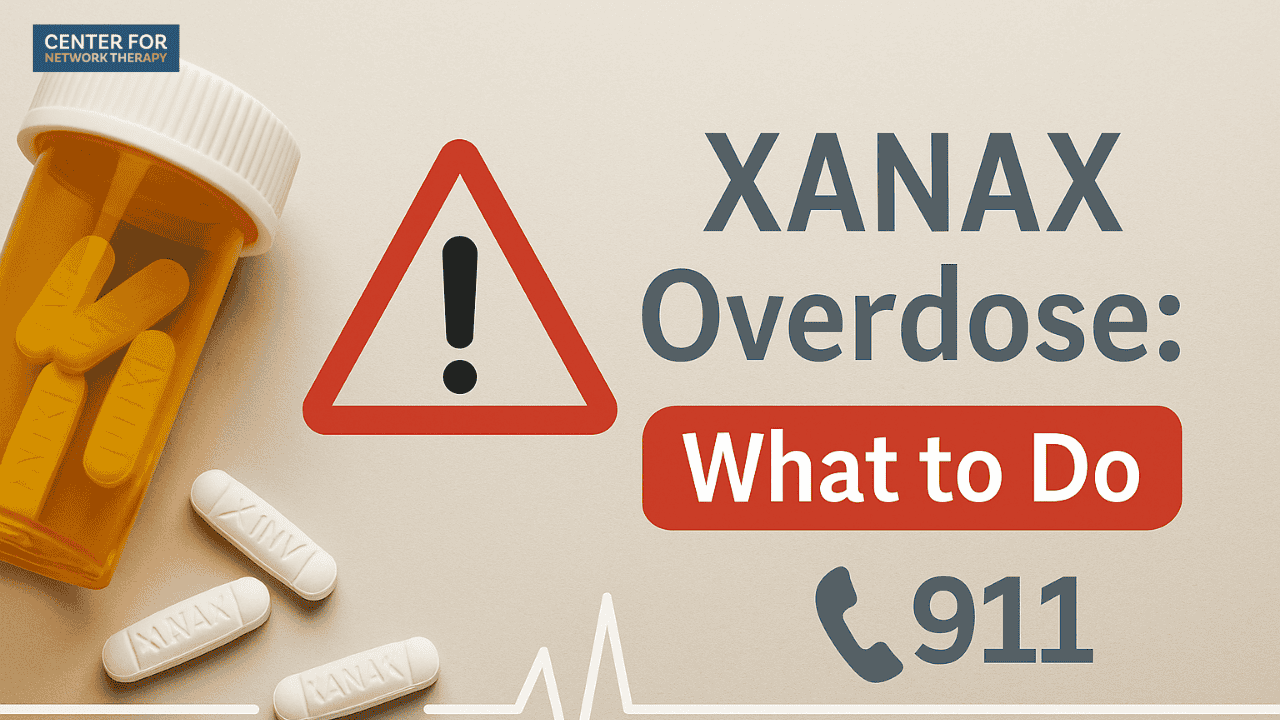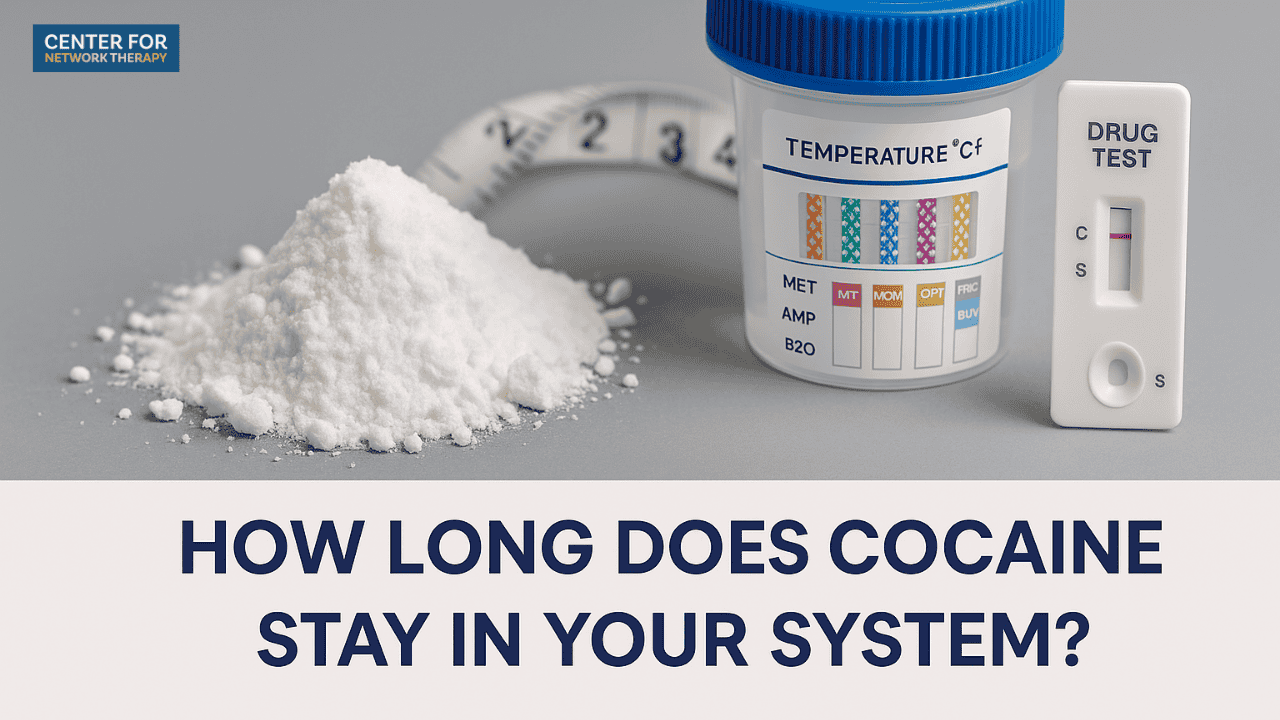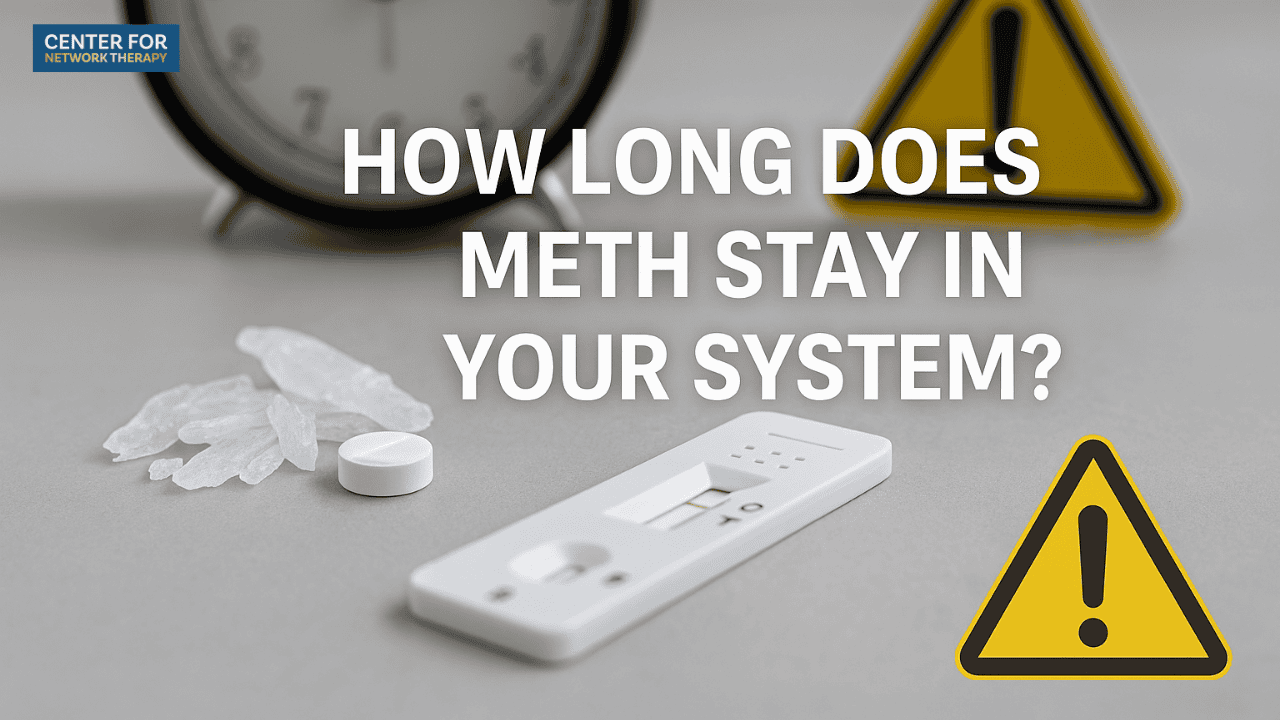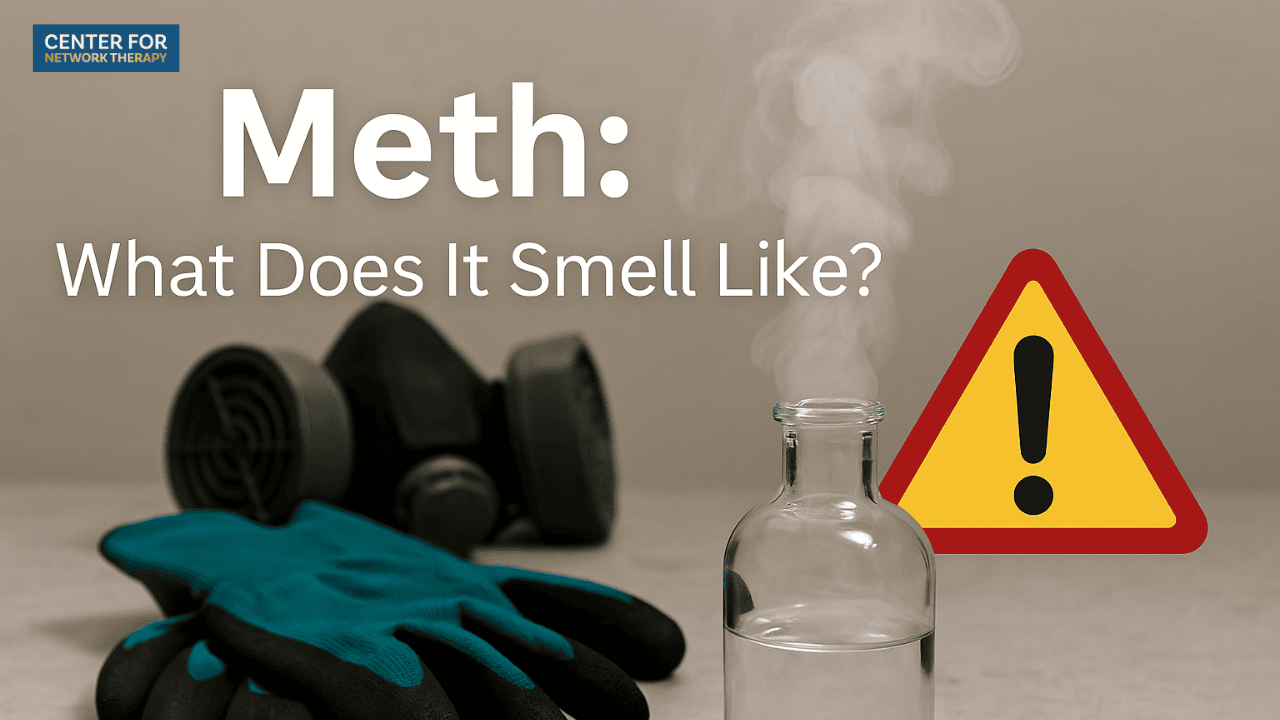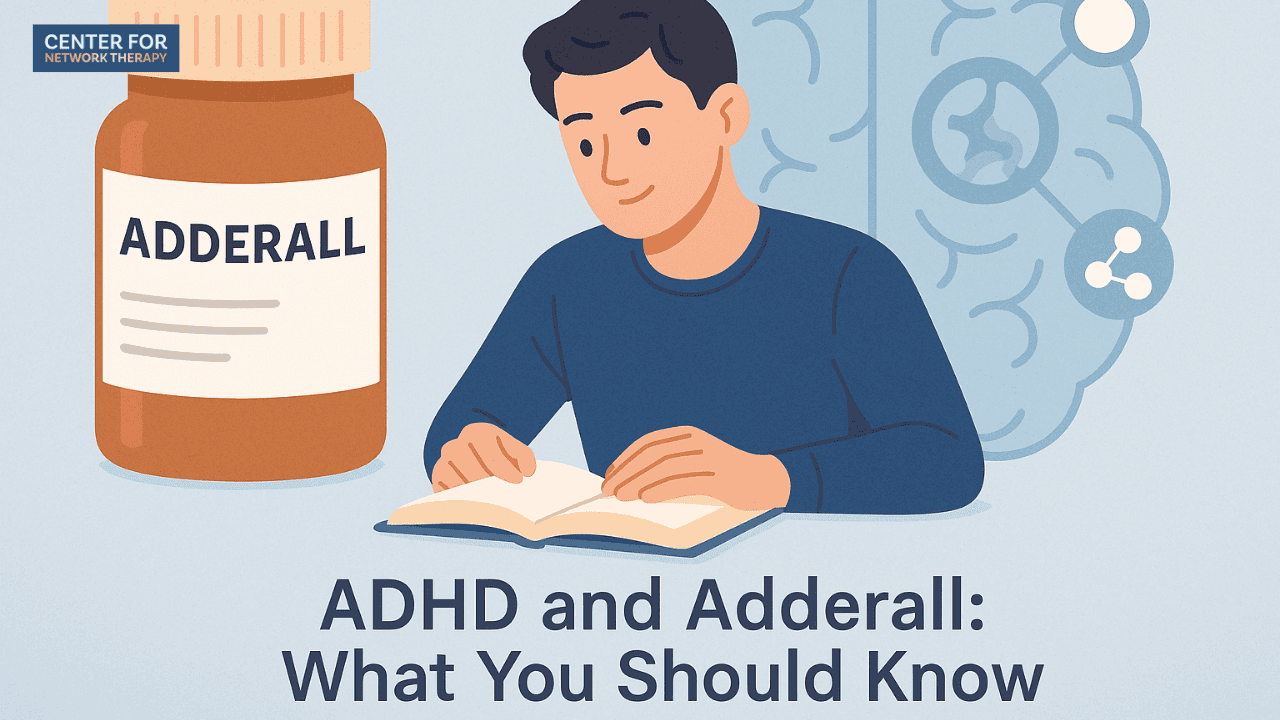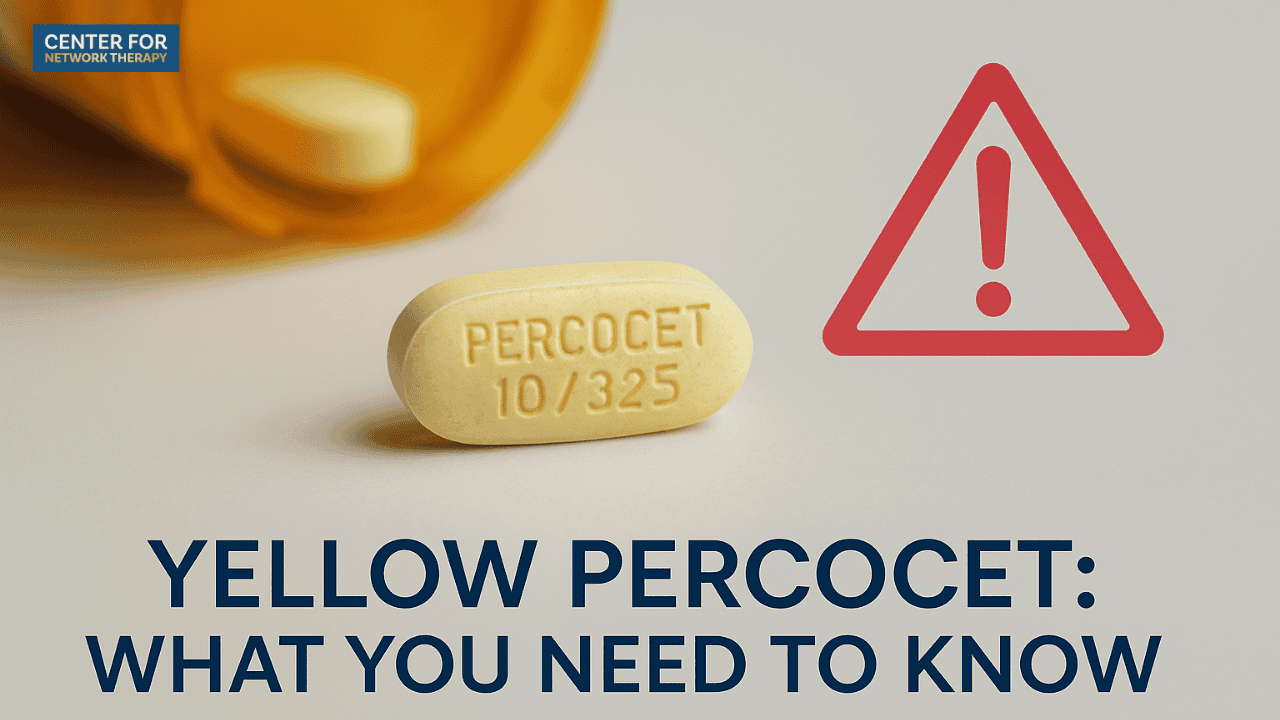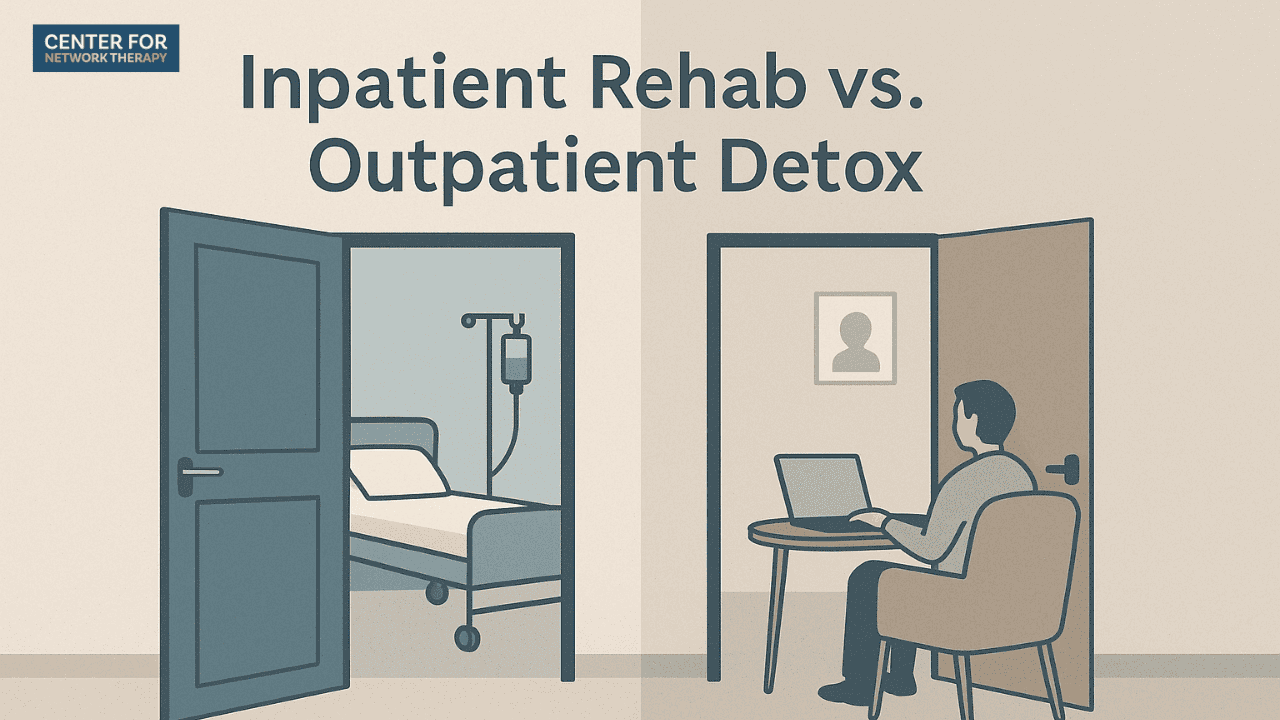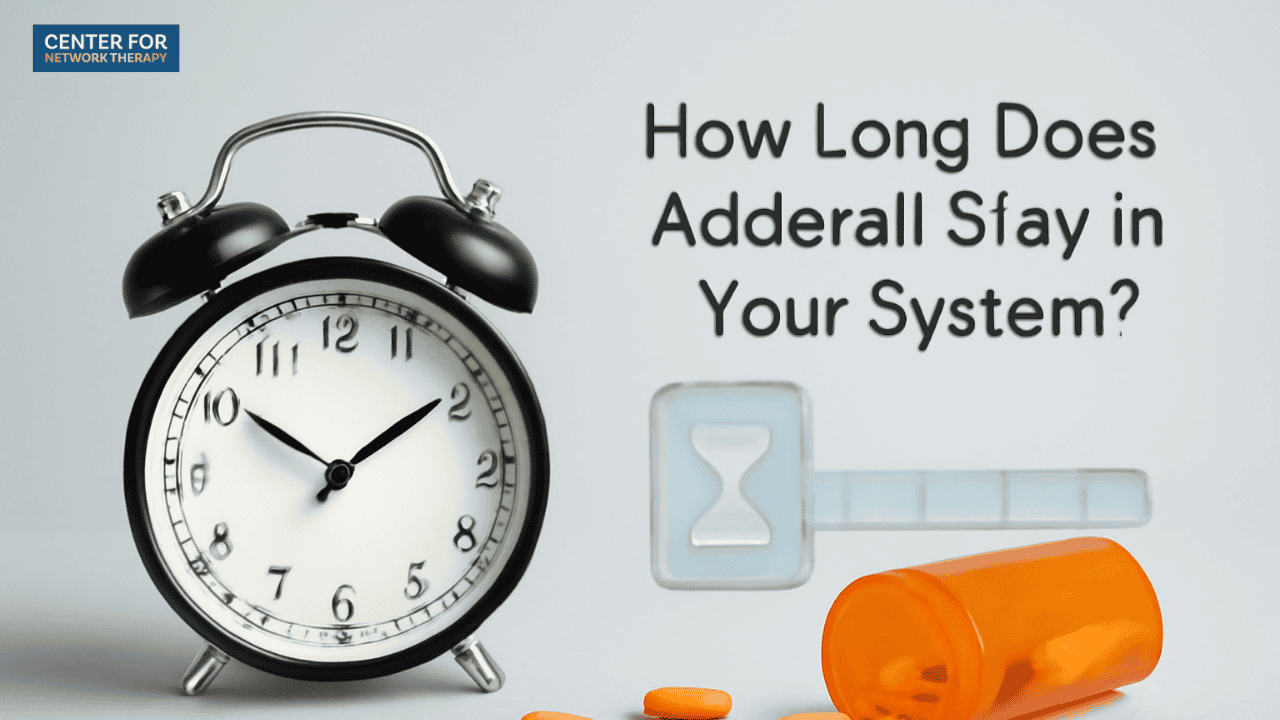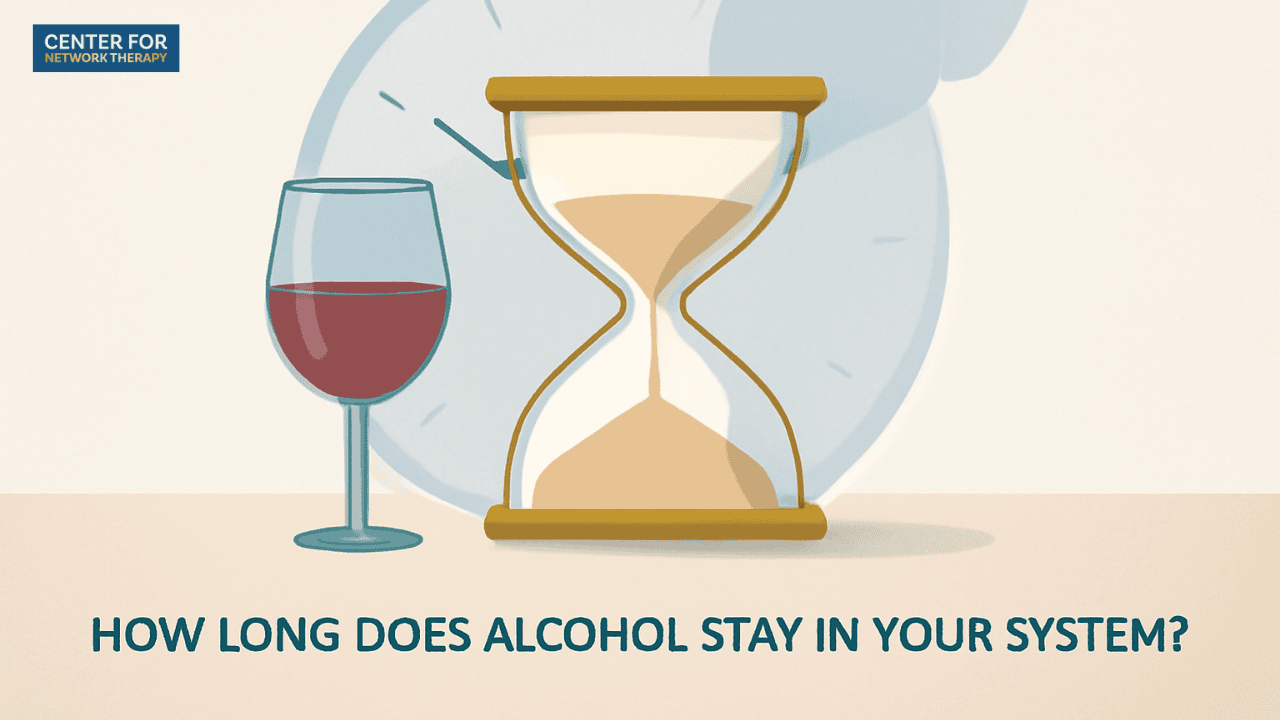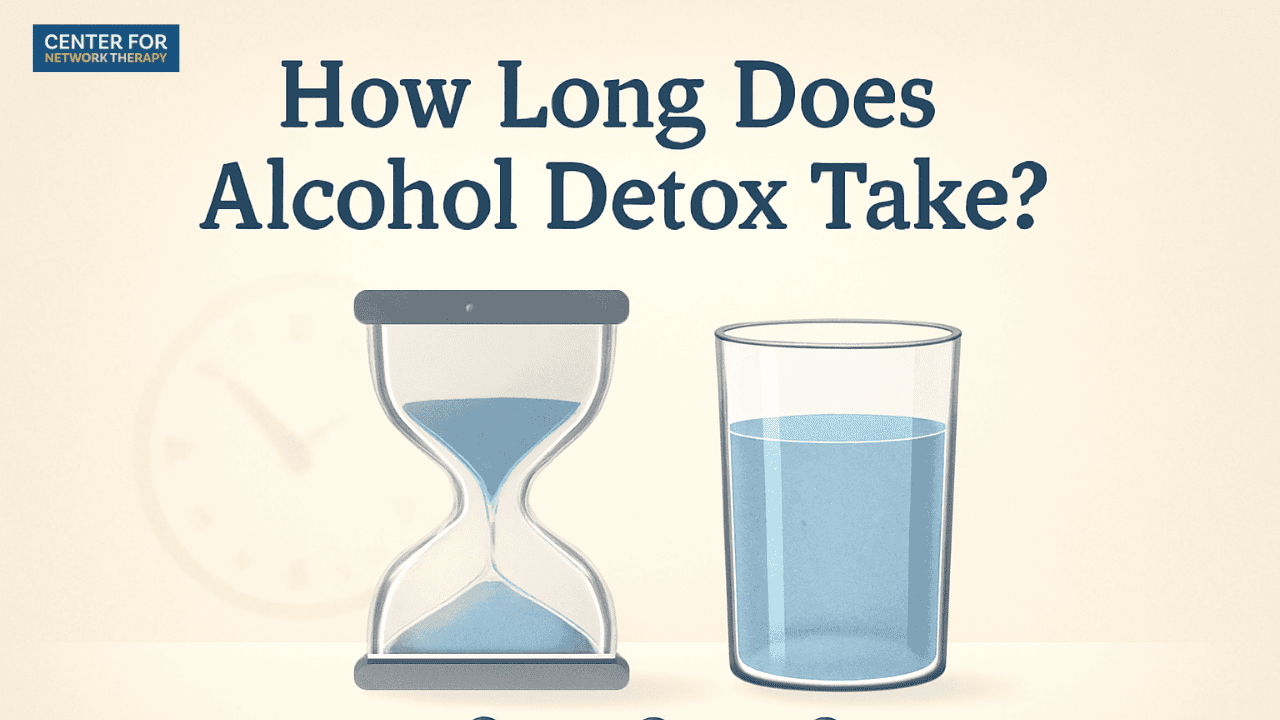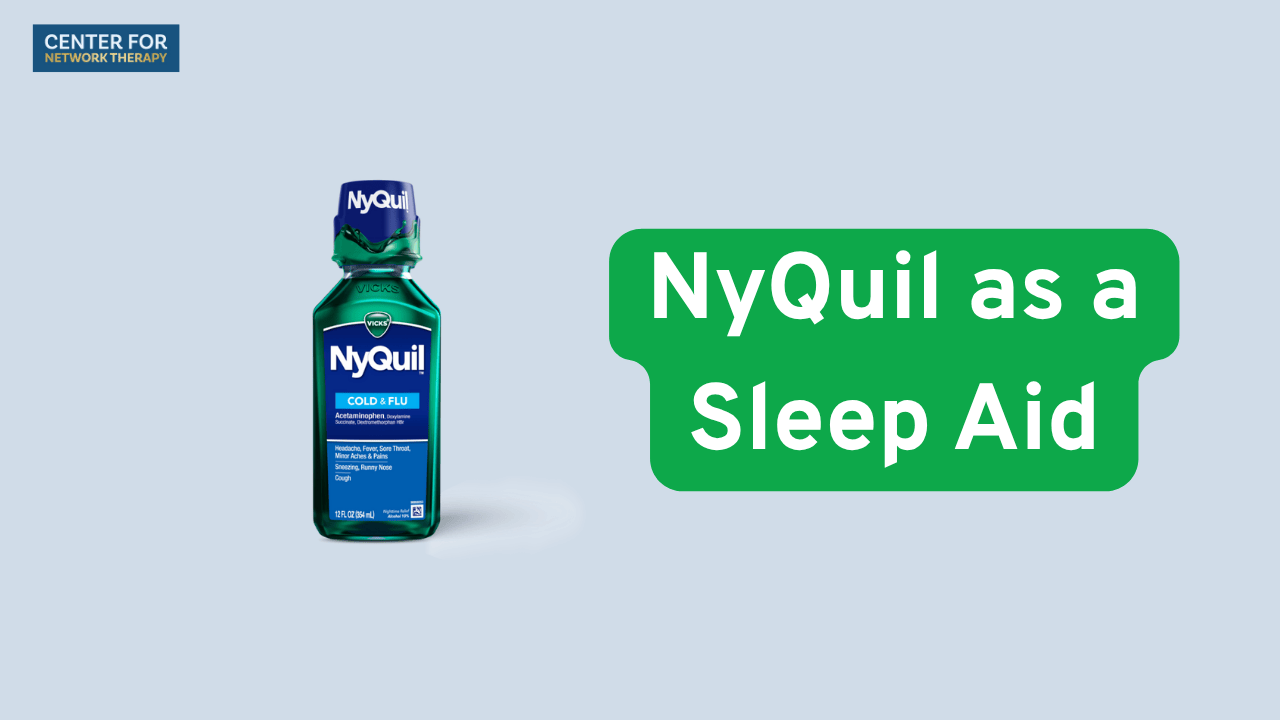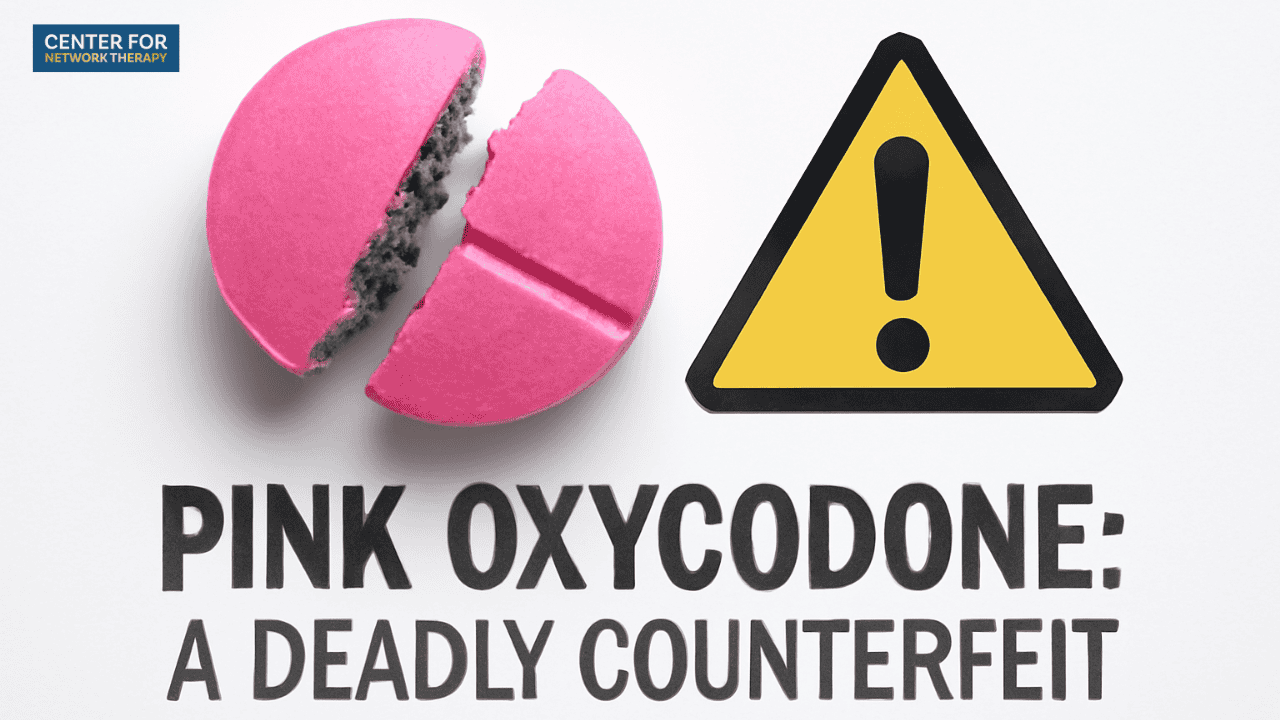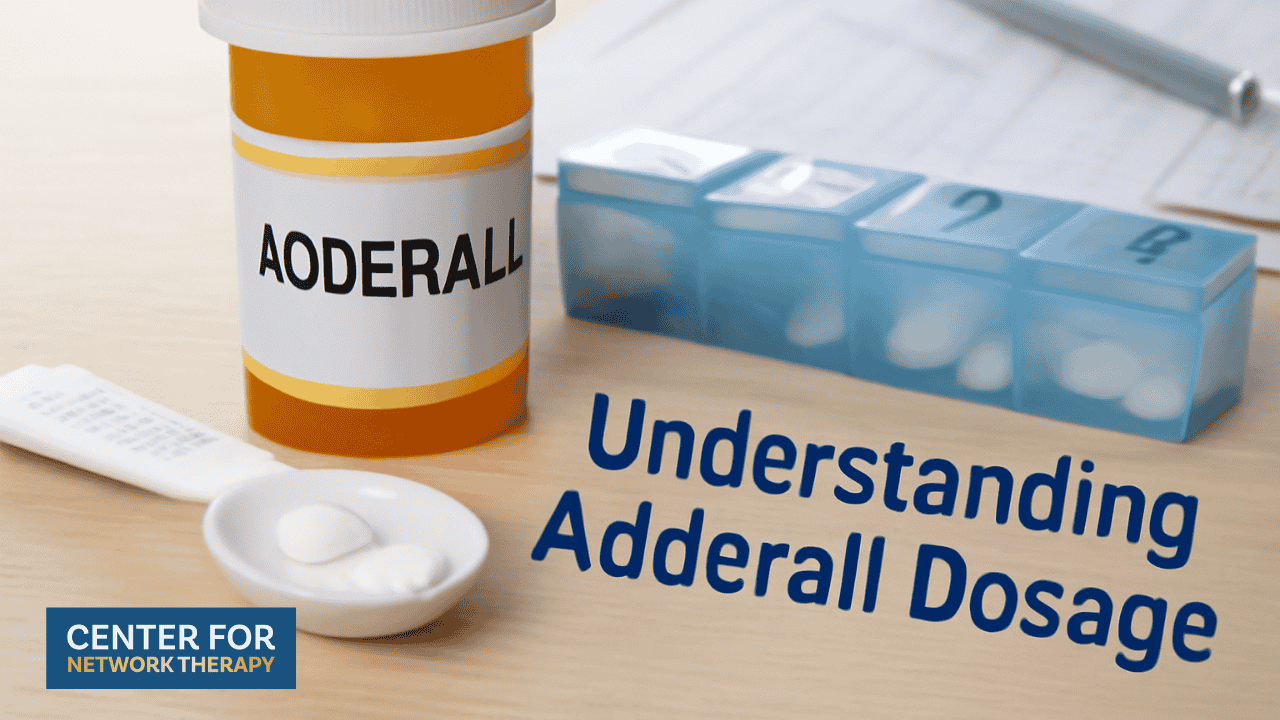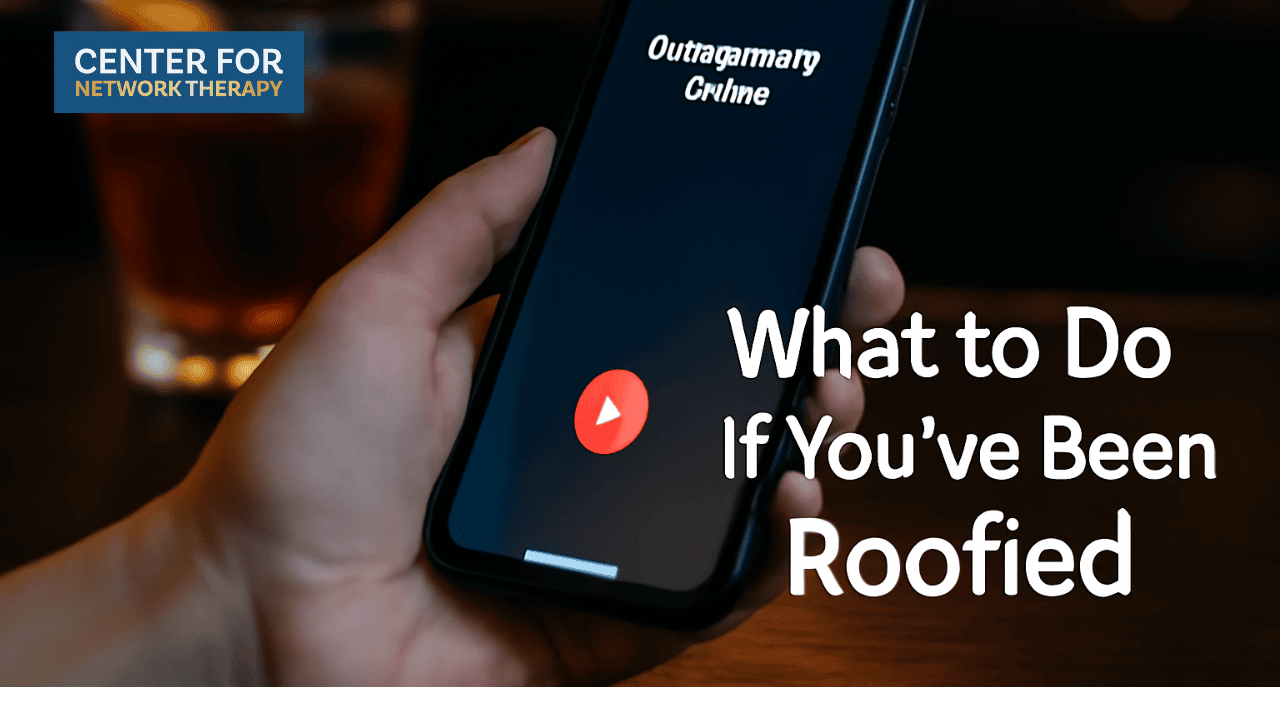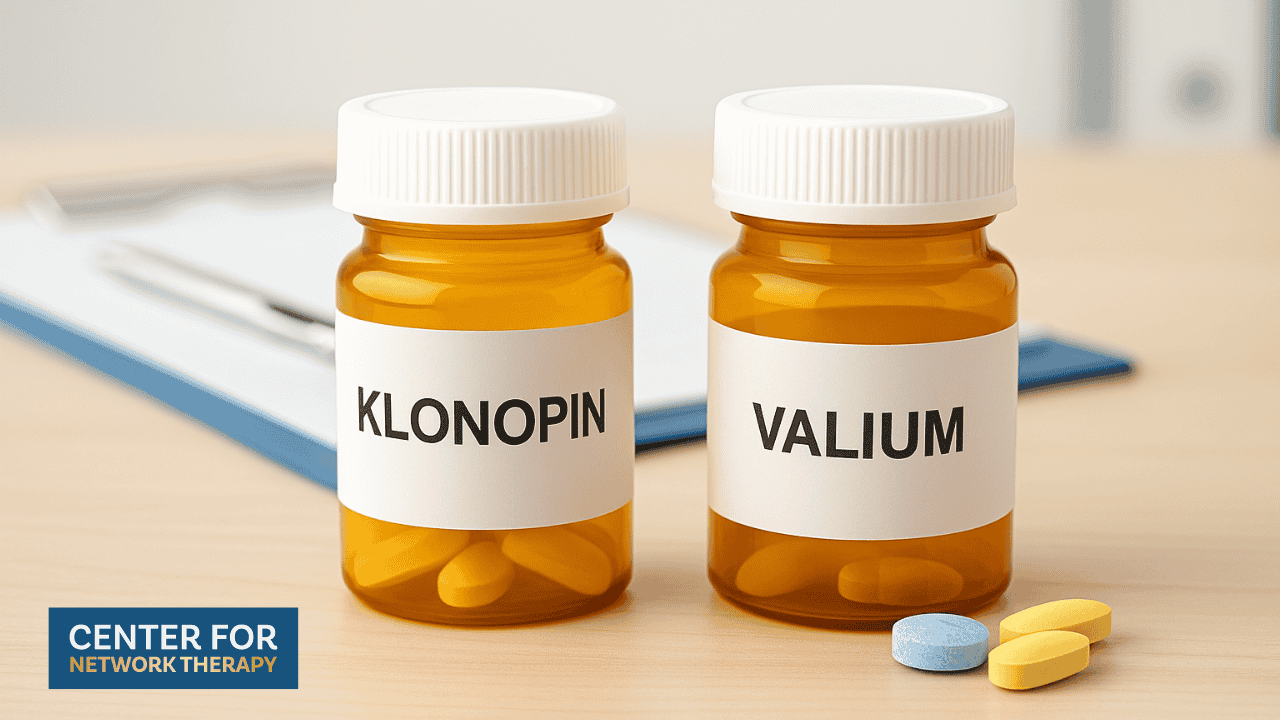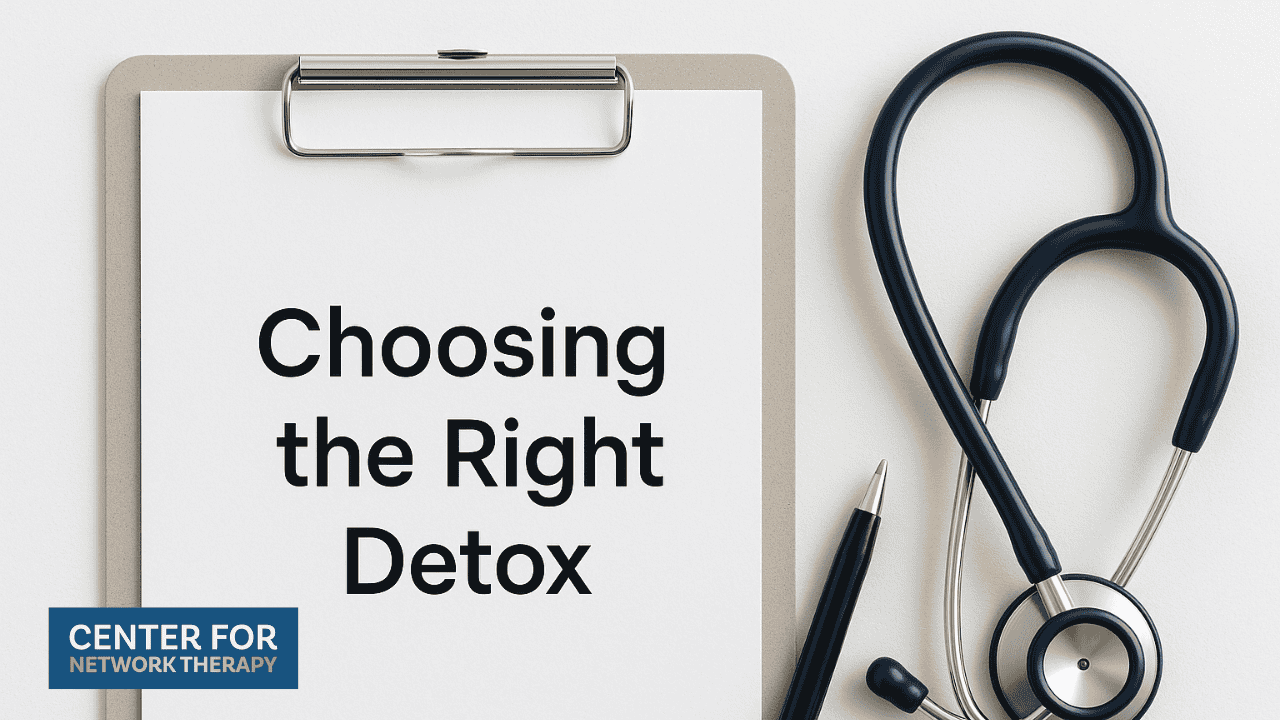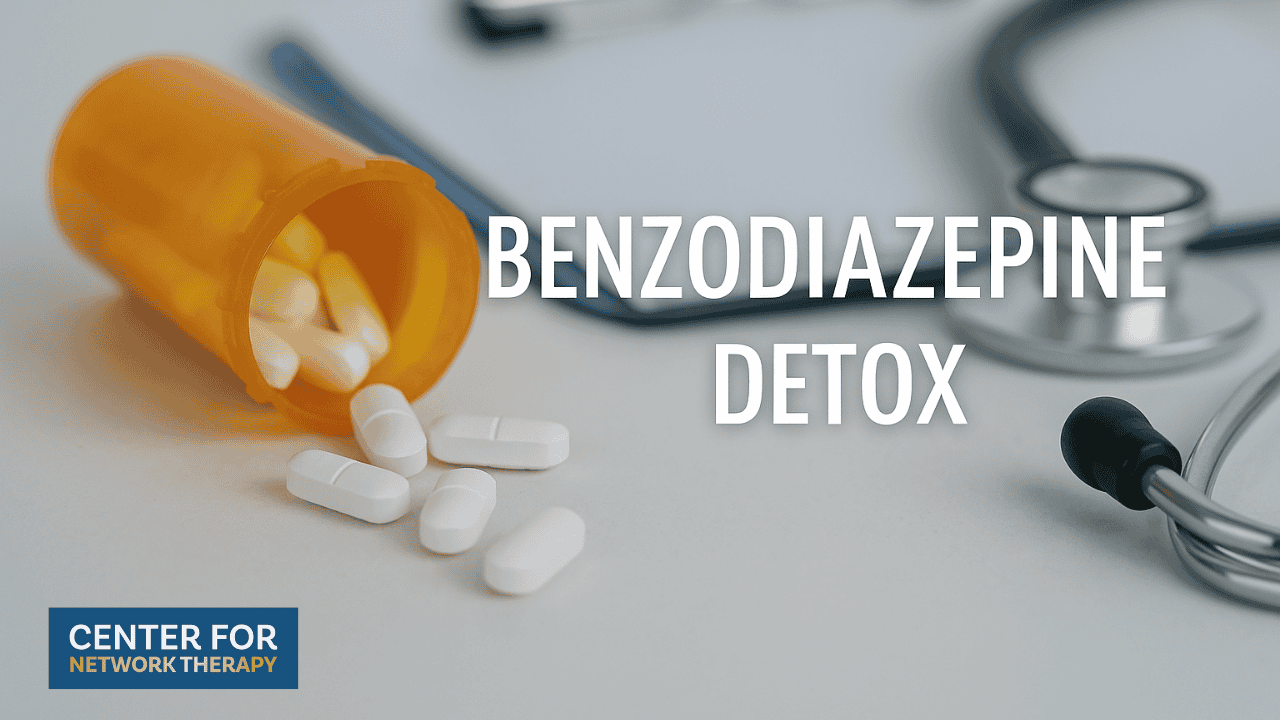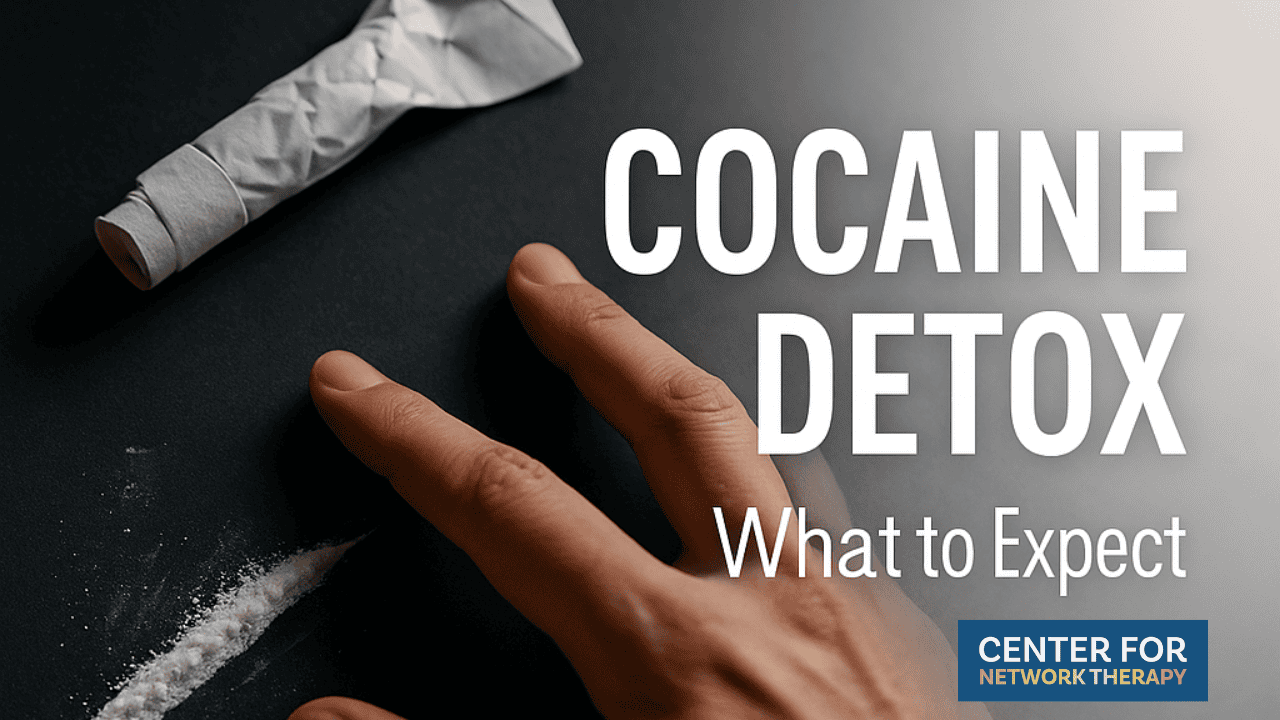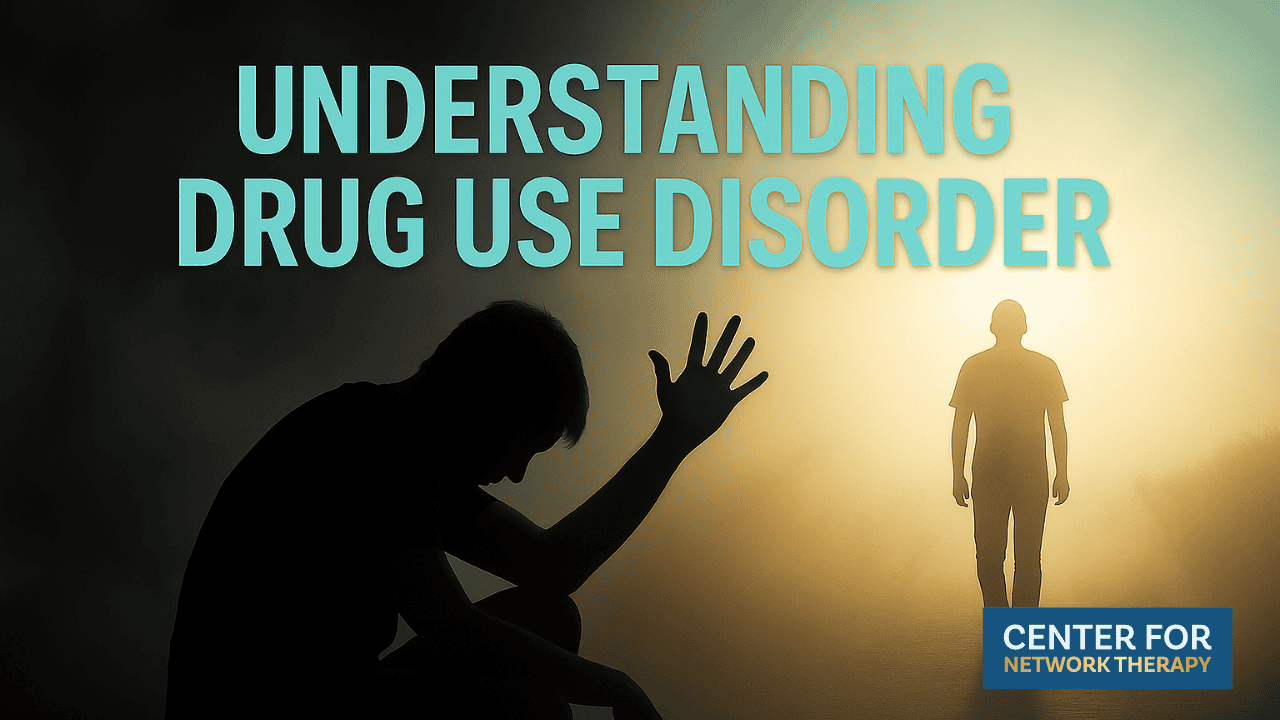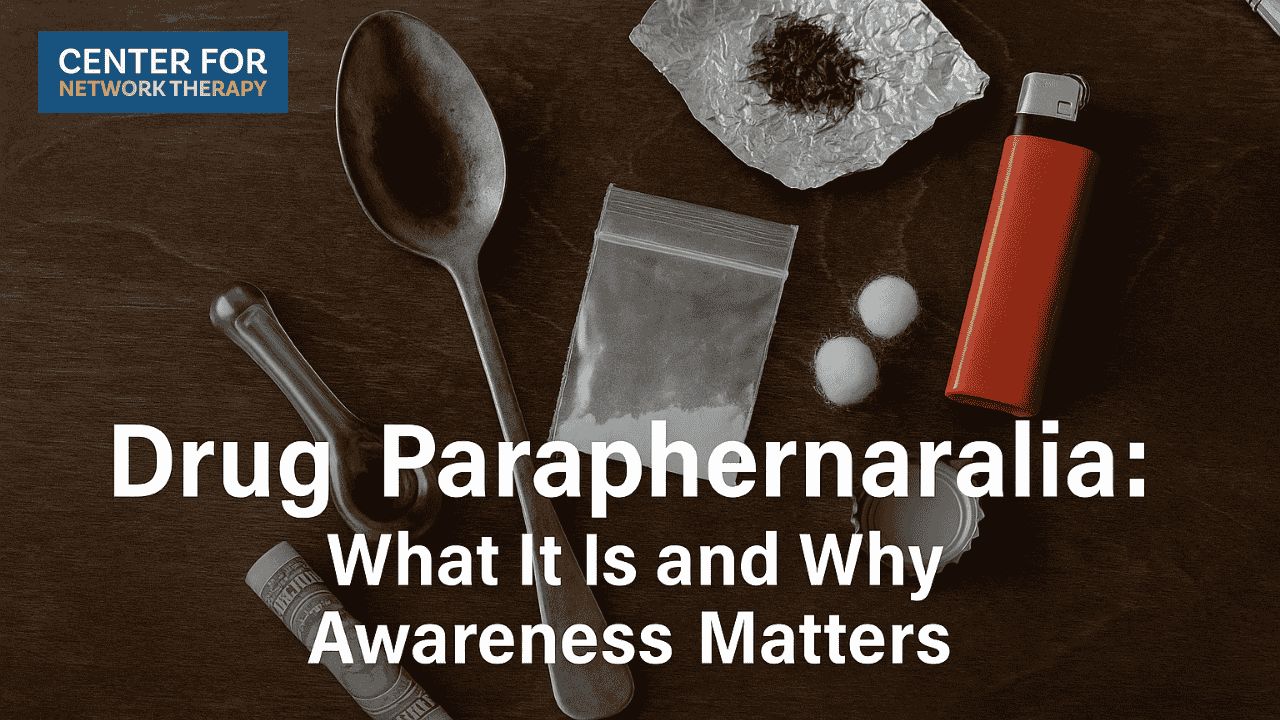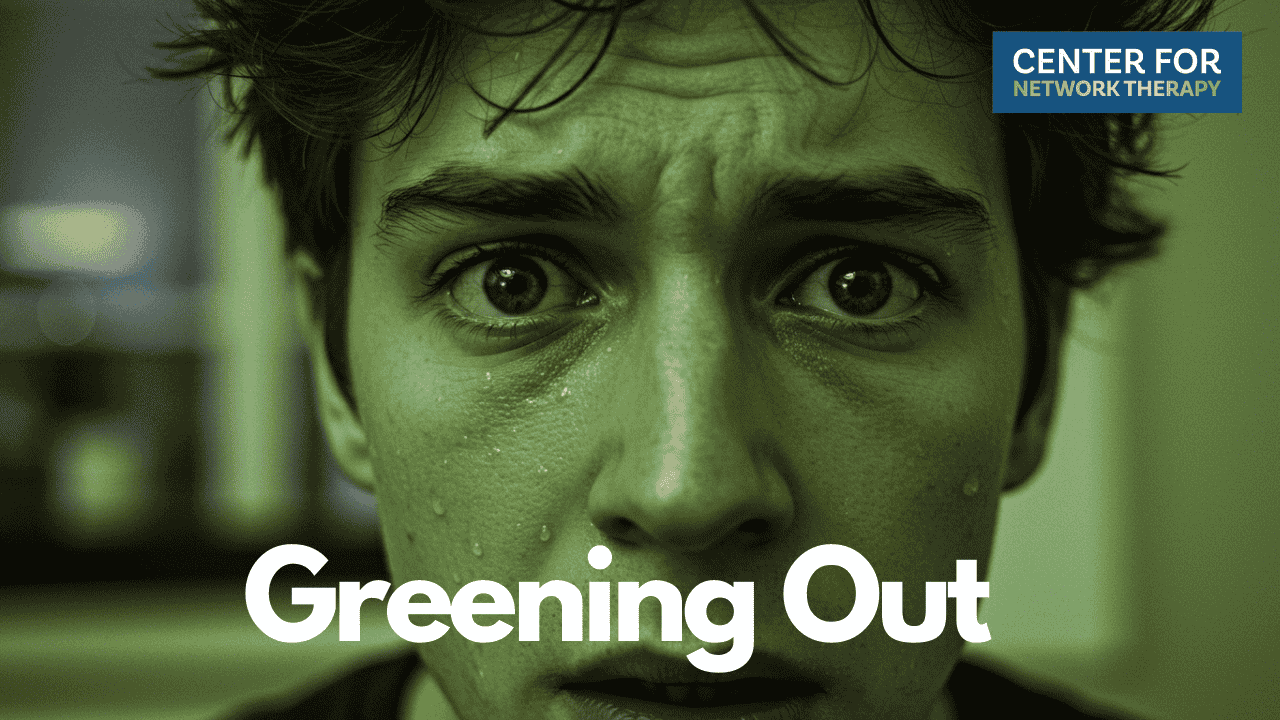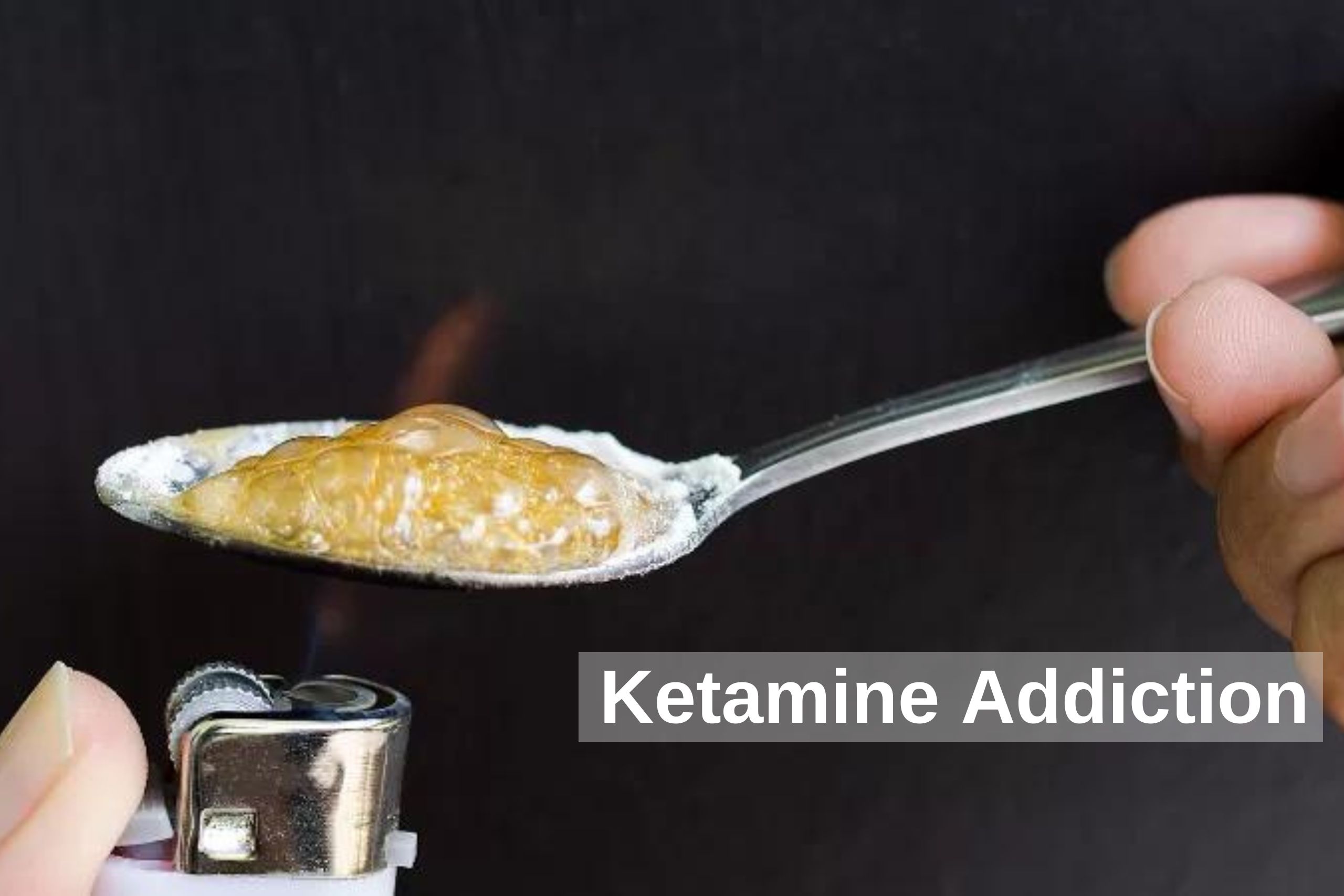Table of Contents
ToggleSubstance Abuse Evaluations

Each person struggling with addiction carries different levels of dependence and physical conditions. To form the most effective treatment plan, a substance abuse evaluation plan takes place to assess the individual addiction level. The evaluation helps to customize treatment plans that have a higher chance to succeed.
What to Expect at a Substance Abuse Evaluation?
Prior to program entry, substance abuse evaluations are fundamental to ensure appropriate treatment is given. There are two types of substance abuse evaluations: voluntary and court-ordered. In both cases, the evaluation gets insights into addiction history, consumption levels, lifestyle and psychological condition. Presenting all conditions to the treatment facility helps in identifying patients’ needs and defines the safest path to recovery.
The substance abuse evaluation determines if in fact, treatment is necessary for the alcohol or drug problem. After addiction conditions are proven, diagnosis paves the path for the most effective treatment towards a successful recovery. The evaluation is an administrative process defined by The Substance Abuse and Mental Health Services Administration (SAMHSA,) consisting of two steps: screening and assessment.
Substance Abuse evaluations Screening
Screening is the initial step of the process and usually consists of brief or direct yes-or-no type questionnaires. Because of the basic nature, the screening step can be conducted by professionals such as counselors, social workers, therapists, doctors, psychiatrists or social workers. This step helps in identifying if the drug and alcohol problem exists and if the situation requires an in-depth analysis. Today, this part of the process can be submitted online.
Substance Abuse evaluations Assessment
The assessment is a detailed step that relies on the screening results. After a risk of addiction is detected, patients go into the details about substances usage and lifestyle circumstances that brought them towards usage. At this stage, the patient is being interviewed to assess mental and medical conditions. With two types of interviews, structured or semi-structured, the interviewer gets a wider picture of the individual’s drug or alcohol use and abuse.
A structured interview gathers information from administrative personnel. During the semi-structured interview, a professional skilled in addiction treatment, ask questions that gather helpful details of the person’s substance abuse.
Two modern resources are utilized during the assessment process:
● Diagnostic Interview Schedule (DIS-IV) – Structured questionnaire that diagnoses alcohol and drug abuse and life circumstances that brought a person to this stage.
● Addiction Severity Index (ASI) – Semi-structured interview that inspects alcohol and drug use, medical and mental conditions, social and family status, employment, and support. Long term implications, not just recent terms of drug abuse is taken into consideration.
Support from the family and loved ones contributes greatly towards successful rehabilitation. In some cases when a person’s substance abuse is evaluated, family members contribute with accurate information. Especially when patients suffer from mental health problems, they tend to provide false information. Beyond the accurate information gathering, it’s important for the treatment facility to know what kind of support patients will have during the treatment or during a relapse stage.
Treatment Facility Evaluation

After the substance abuse evaluation is complete, patients receive a customized treatment plan to address their personal needs. Without knowledge about your addiction, our professional team will have difficulties in supporting a successful path to recovery. Getting to a stage of sharing substance abuse behavior is difficult, but please remember that detailed information benefits our patients. In addition, all patients’ information remains confidential.
Choose Drug and Alcohol Treatment Center to Help You Succeed
At CNT, we have proven that outpatient or ambulatory care have higher recovery success rates. Outpatient treatment for addiction is more acceptable by patients because it does not uproot them from the home environment in order to access treatment. Our experienced, friendly staff creates a safe space for our patients to express and process their emotions. Our clinical team is highly experienced in treating addiction to all substances.
Outpatient Detoxification Programs
You’ve come to terms with the fact that you suffer from substance abuse addiction and need help. But the thought of staying away from your loved ones or taking time off work is putting you off from reaching out and seeking help to fight your addiction.
How about exploring treatment plans for drug rehab in NJ, particularly the option of outpatient detox? You do not have to incur expenses in the form of child care, take a salary deduction, or explain long absences from work, as outpatient detox programs let you continue working and attending to your family obligations while getting high-quality treatment at the same time.
Before you start wondering what these programs offer and whether they are suitable for you, read on to get a comprehensive overview of the treatment options, benefits, and timeframe that you have to bear in mind prior to enrolling yourself for drug rehab in NJ.
What is Outpatient Detox?
Typically, an outpatient drug detoxification program comprises medically-assisted detoxification to help patients overcome the physical as well as psychological dependence of substance abuse; it is often the first step in recovery and attaining sobriety for individuals suffering from substance use disorders. Patients are monitored and treated for withdrawal symptoms, co-occurring medical issues, and psychiatric disorders. The objective of these programs is to help recovering patients attain a drug-free state and progress to relapse prevention programs and long-term rehab.
A clinical team including doctors, nurses, counselors, and therapists conduct an initial assessment to understand a patient’s medical history, physical condition, drug abuse history, and the severity of the addiction. Before starting treatment, a customized detoxification plan is developed. The length of a drug detoxification program depends upon a number of factors like the age and gender of a patient, the severity of the addiction, the substances abused, physical health, and co-occurring mental health conditions.
Acute withdrawal symptoms are assessed and monitored during the initial sessions; patients are given detox medications to reduce withdrawal symptoms that can range from mild to severe. After the acute symptoms are brought under control, education and counseling sessions are started for long-term drug rehab.
Who is a Right Candidate for Outpatient Detoxification Programs?
For patients with mild-to-moderate addiction, a safe and stable environment at home, reliable and easily accessible transportation, and a strong social support network of family members, friends, and colleagues, an outpatient detoxification program is the right choice for embarking on the path to recovery. This leads to the question: who is not a suitable candidate for these programs?
Outpatient detoxification programs are not for individuals who do not have transportation to travel daily to a treatment facility, suffer from severe substance use disorders, are suicidal or pose a homicidal threat, have to deal with disruptive family or work situations, suffer from significant co-occurring physical or medical or psychological conditions, face life-threatening complications of withdrawal symptoms, have undergone multiple prior failed outpatient detox attempts, or have a history of chronic relapse. Such patients need supervised, more intensive, and around-the-clock care and monitoring in an inpatient setting.
Benefits of Outpatient Treatment

These programs offer structured treatment sessions to patients who want to achieve sobriety while maintaining their daily activities in terms of work and family commitments. A majority of patients receiving treatment for addiction or substance abuse spend a considerable amount of time in some form of outpatient programs, whether it’s counseling, support group participation, medically-assisted treatment, or therapy.
Outpatient drug rehab centers realize that attaining sobriety in the long-term involves not just recognizing and addressing the physical attributes of addiction but also treating a patient’s medical needs along with his/her spiritual, emotional, and psychological requirements. Some advantages of outpatient detoxification programs include:
- Incurring Fewer Expenses: There is no hospitalization required. Hence, patients do not have to pay hefty bills, as compared to a residential or inpatient treatment program
- No Disruption to Daily Routine: Patients do not have to put their lives on hold and can continue working or maintain their commitments to family, attend a school or pursue other activities
- Maintaining a Link with Family and Friends: Patients do not have to stay away from their loved ones, especially their children. They can return home each night and have access to support systems in the form of family members and friends. They can stay in close proximity to their near and dear ones and support network
- Allowing Flexibility: Patients can attend scheduled treatment sessions in the day, evening, or weekends as they have the freedom to choose the timing and balance their day-to-day activities with their treatment program
- Higher Level of Privacy: Patients do not have to take leave from work or explain long periods of absence to their bosses or peers. They can attend the programs discreetly and achieve their goal of attaining sobriety
- Developing a Support System: These programs encourage people to shed their inhibitions and develop a support network of peers to share their success stories and, most importantly, their struggles, and also to learn from the experiences of others
Course of Outpatient Treatment
If you are trying to guess the timeframe of completing an outpatient detoxification program, you need to understand that there are several underlying factors that help the clinical team to assess, analyze, and draw up a treatment plan for each patient. An individual’s risk of relapse and other factors (like the degree of addiction) determine the process and intensity of treatment in outpatient detoxification programs. Tools are designed to help patients maintain abstinence and avoid cravings based on the criteria defined by the American Society of Addiction Medicine (ASAM). The forms of outpatient detoxification treatment include:
- Standard Outpatient Treatment: This program targets patients who have the lowest risk of relapse. According to the ASAM Continuum, adults are required to attend less than 9 hours of treatment each week, while teenagers need less than 6 hours a week. The program is suitable for patients with mild symptoms of substance abuse, high motivation levels to finish the treatment and maintain abstinence in the long run. It is also beneficial for patients who suffer from cognitive difficulties.
- Intensive Outpatient Treatment: Patients who have a slightly higher risk of relapse can benefit from this program. Treatment involves attendance for more than 9 hours on a weekly basis for adults and more than 6 hours per week for adolescents. This form of treatment is also suitable for patients with co-occurring conditions and where the level of addiction is relatively mild to moderate.
- Partial Hospitalization: This is suitable for patients who do not require 24-hour supervision or residential care, yet have a higher risk of relapse. Such patients require at least 20 hours of treatment each week. Patients who have a stable social support system, moderate issues of substance abuse, and a strong degree of motivation can benefit from this form of treatment.
Therapies Used in Outpatient Treatment
There are several therapies used in outpatient detoxification programs suited to a patient’s needs. Some of these therapies include:
- Pharmacotherapy or medically-assisted treatment
- Psychosocial Interventions like Behavioral Therapy and Cognitive Behavioral Therapy (CBT)
- Group Sessions & Individual Therapy, Motivation Enhancement Therapy (MET), Mindfulness Therapy, and Contingency Management Therapy
- Relapse Prevention Programs
- 12-Step Groups, Peer Support Groups, or other Focused Support Groups
- Recovery Support Services
If you or your loved one struggling from alcohol or drug addiction, please reach out to an outpatient detoxification and rehabilitation center as soon as possible.Please contact us for an easier road to recovery. Call us for a cost-free consultation today or submit this form.
Middlesex (732) 560-1080
West Orange (973) 731-1375
Freehold (732) 431-5800
One of our addiction treatment experts will get back to you shortly.
Related Articles



